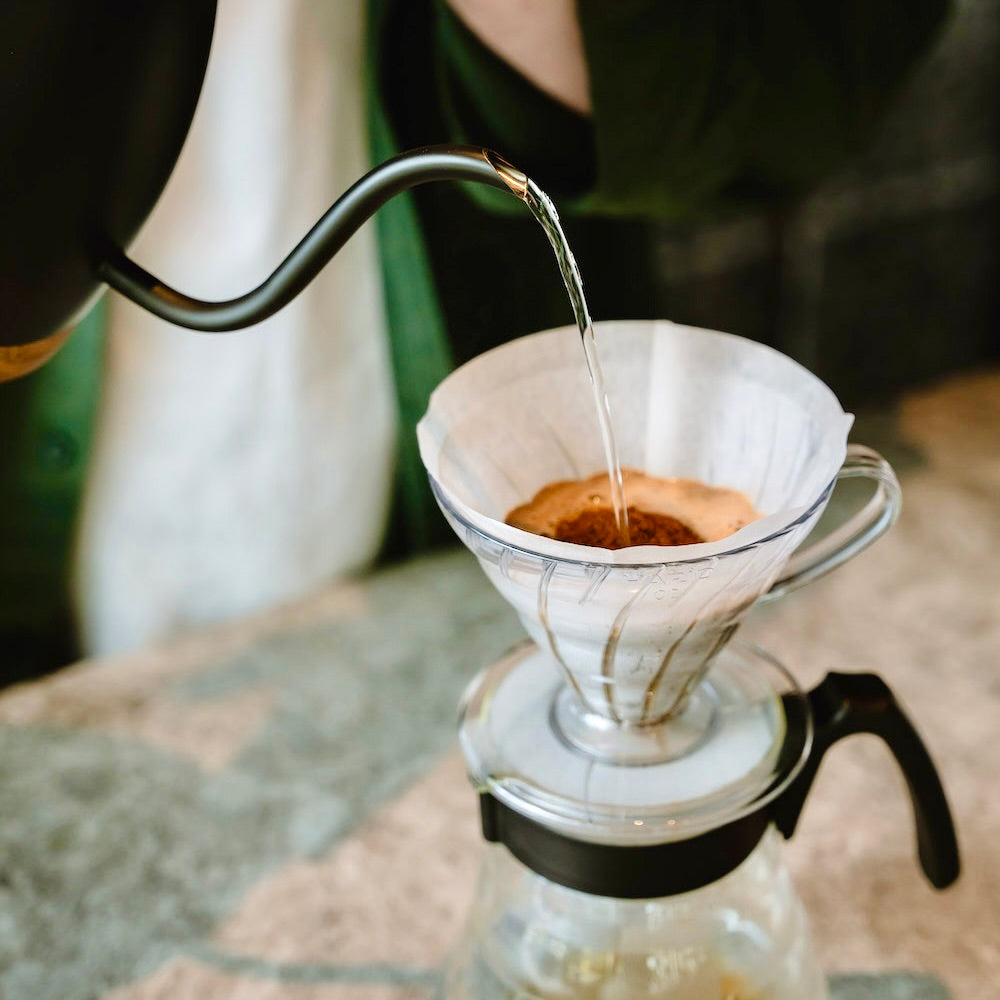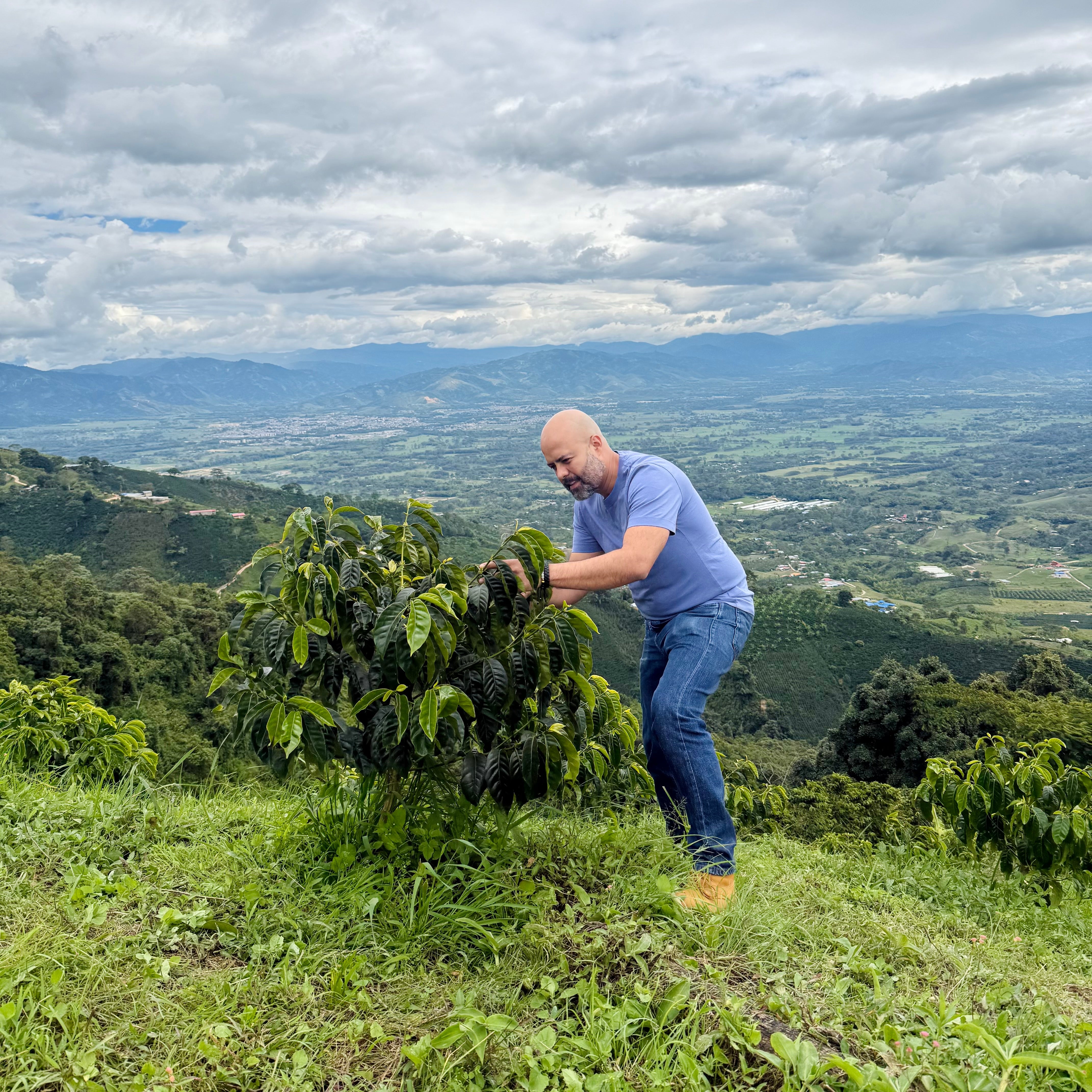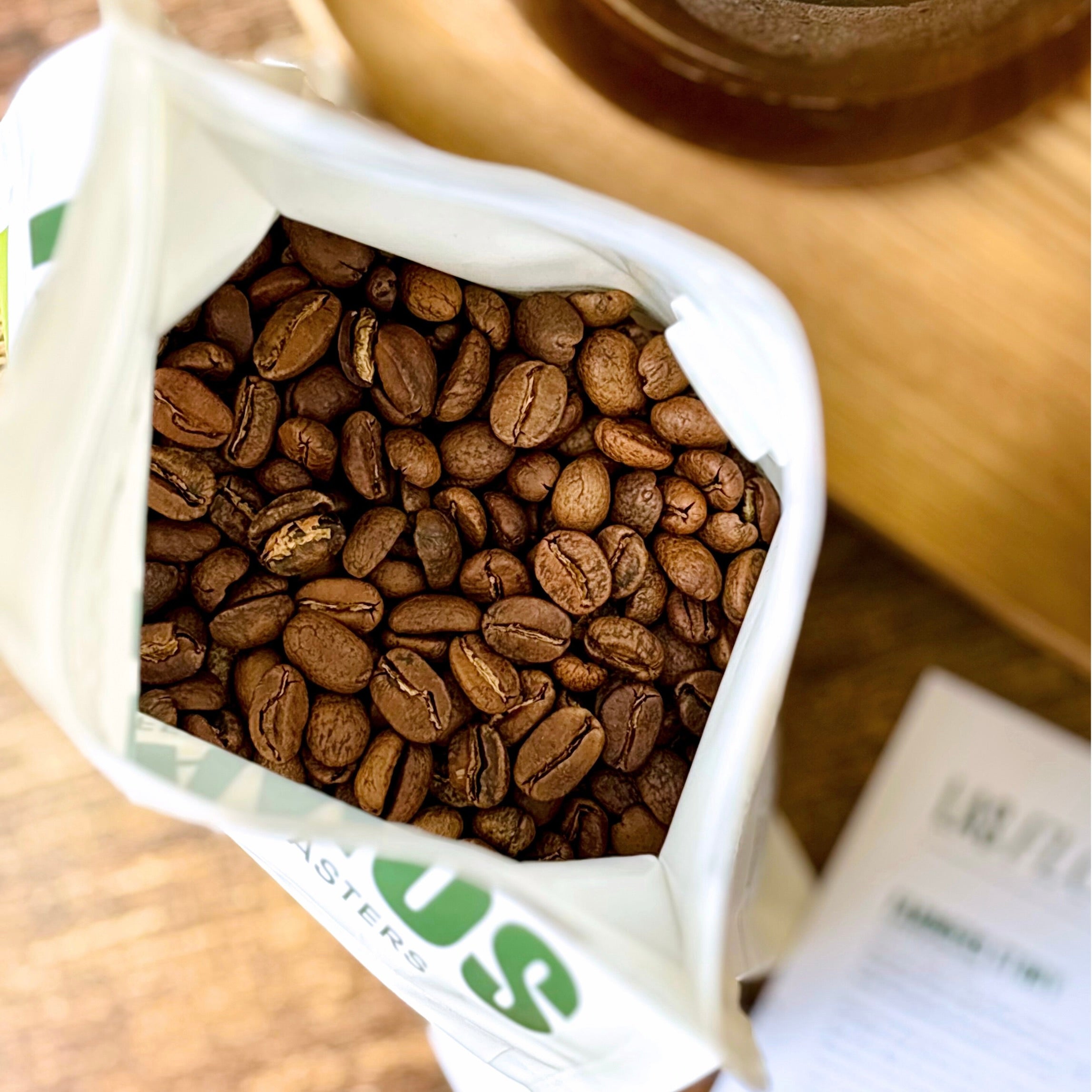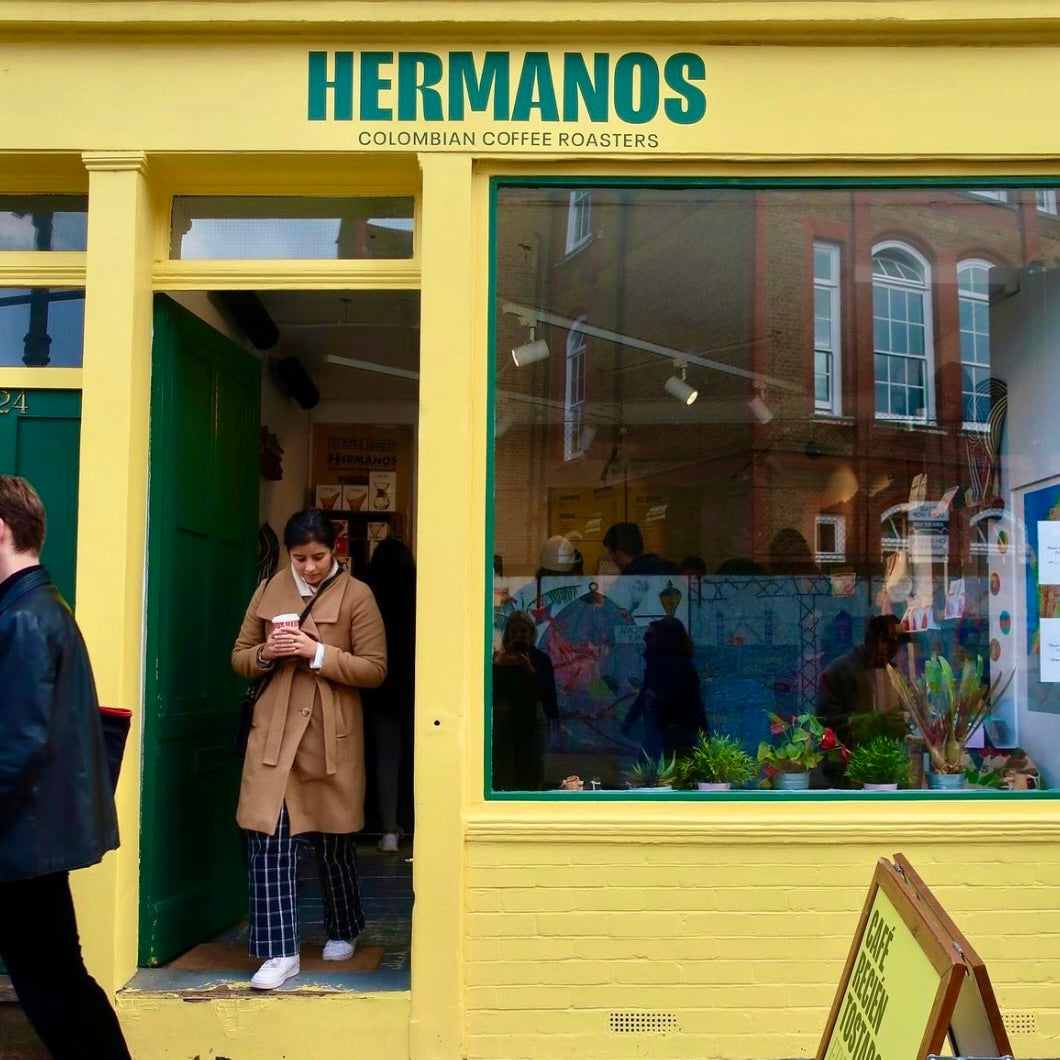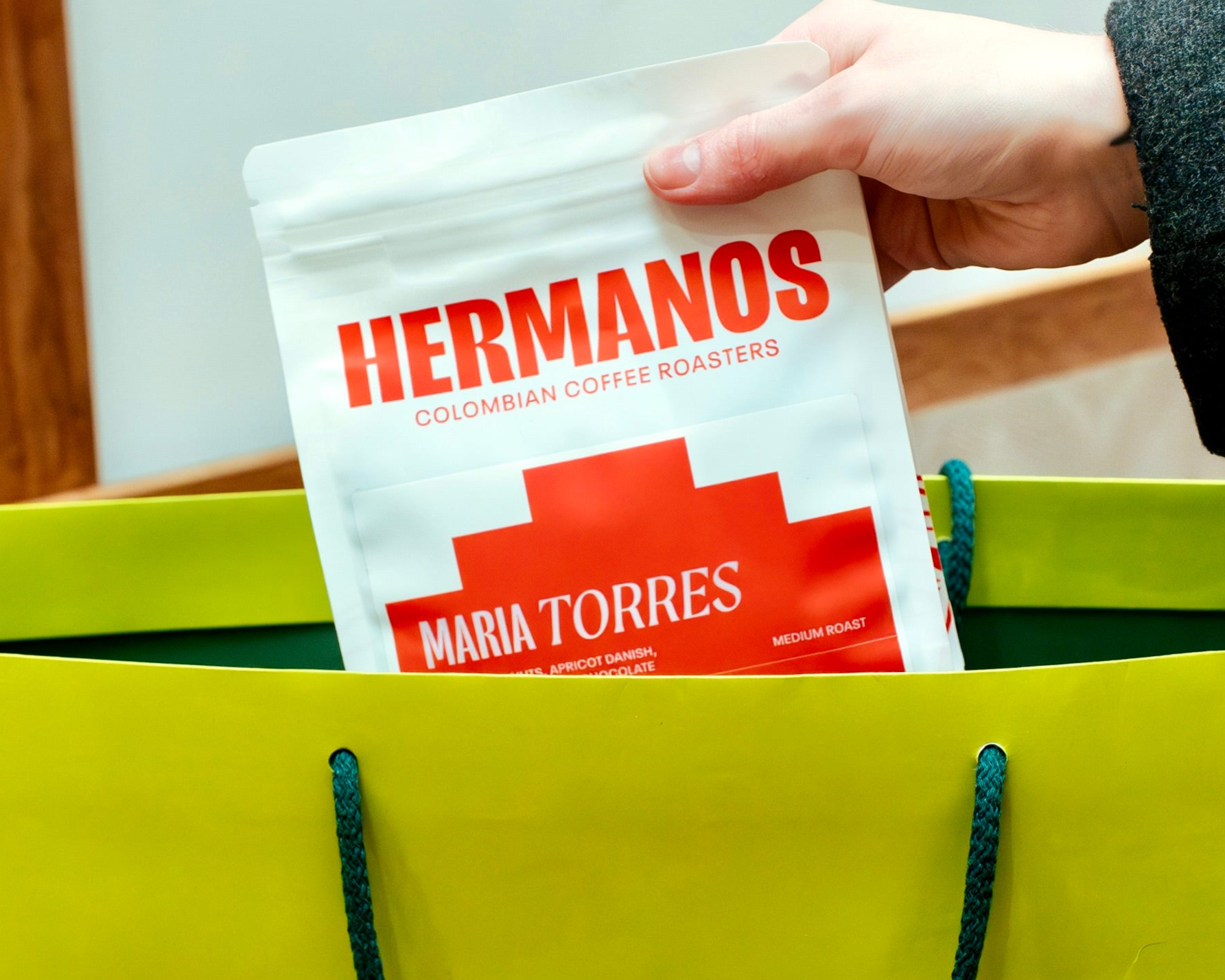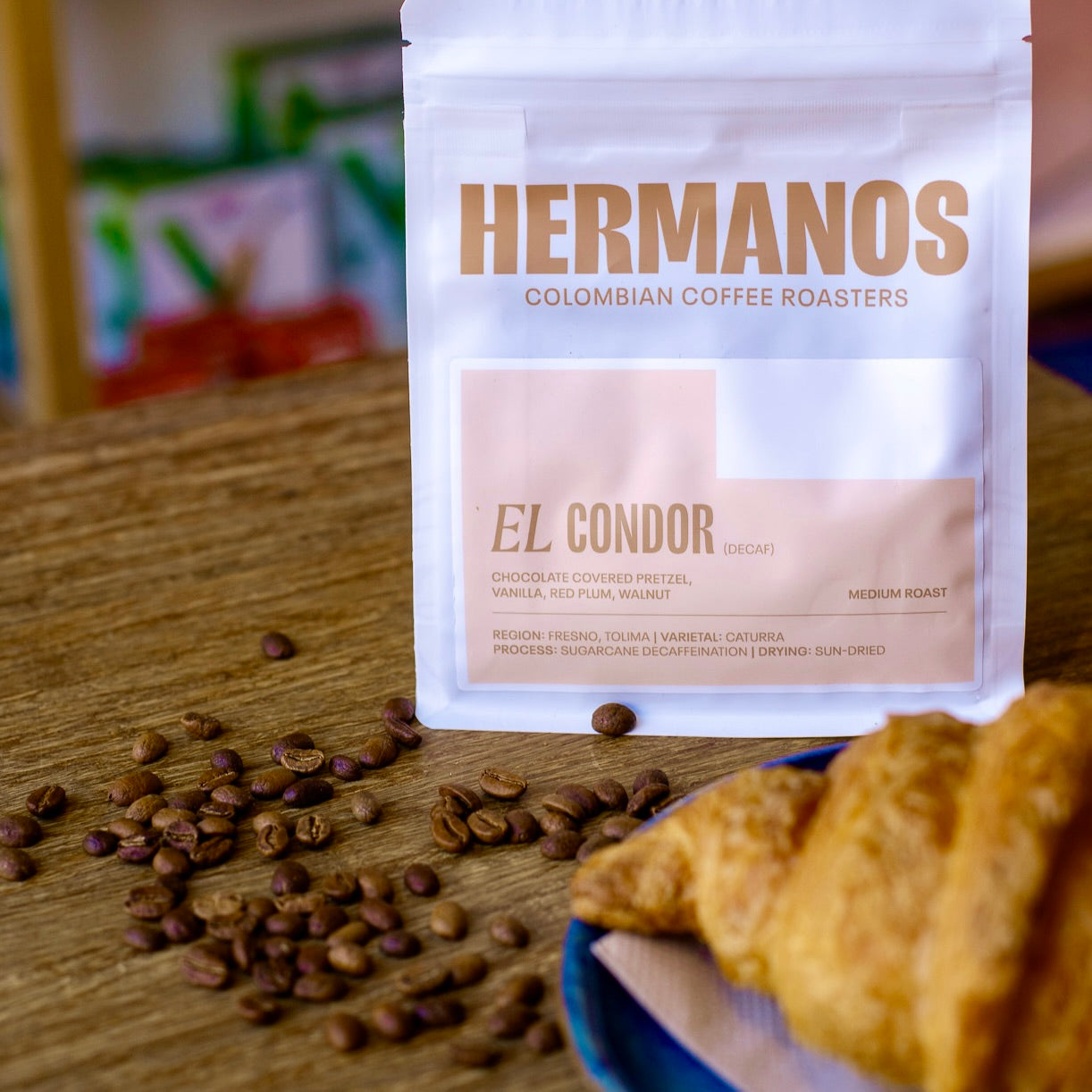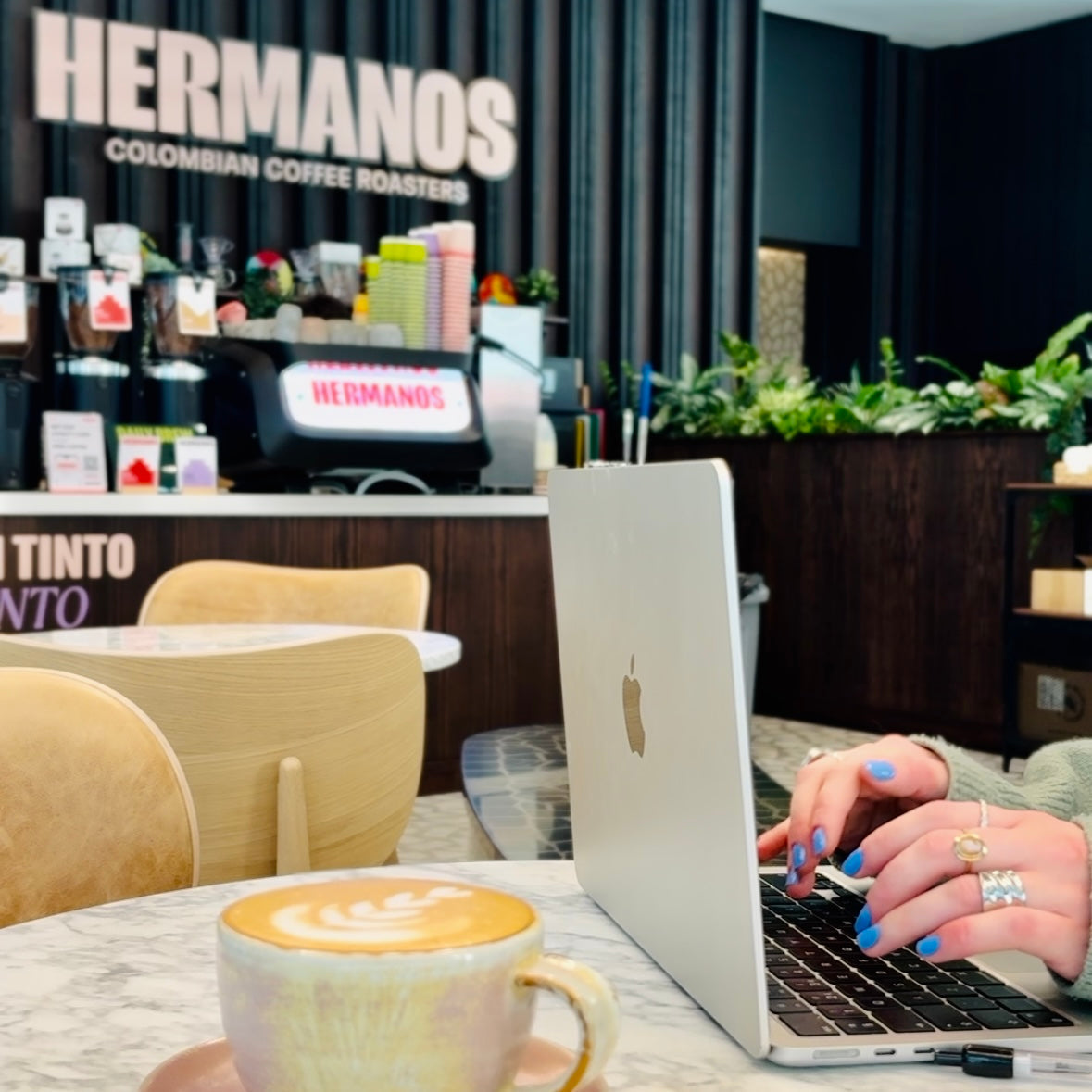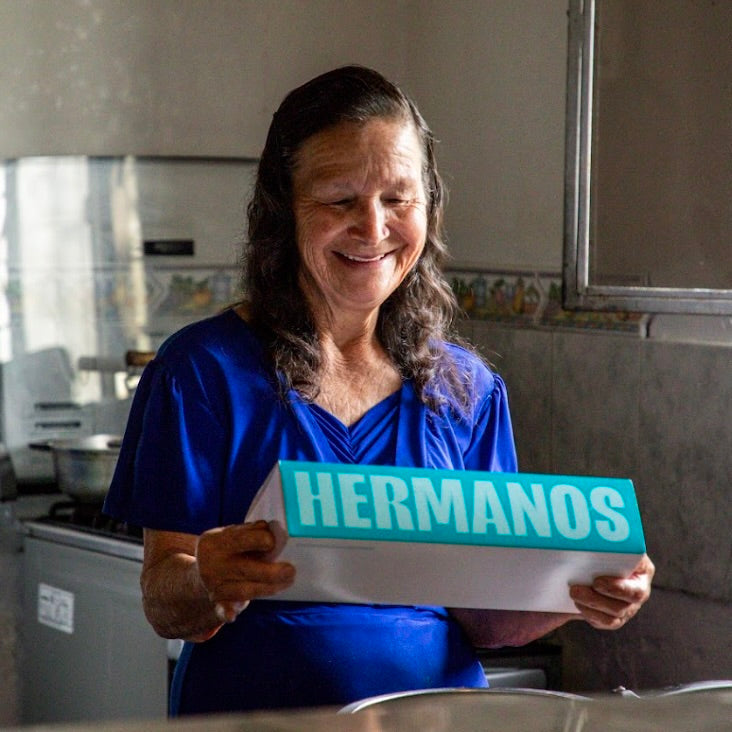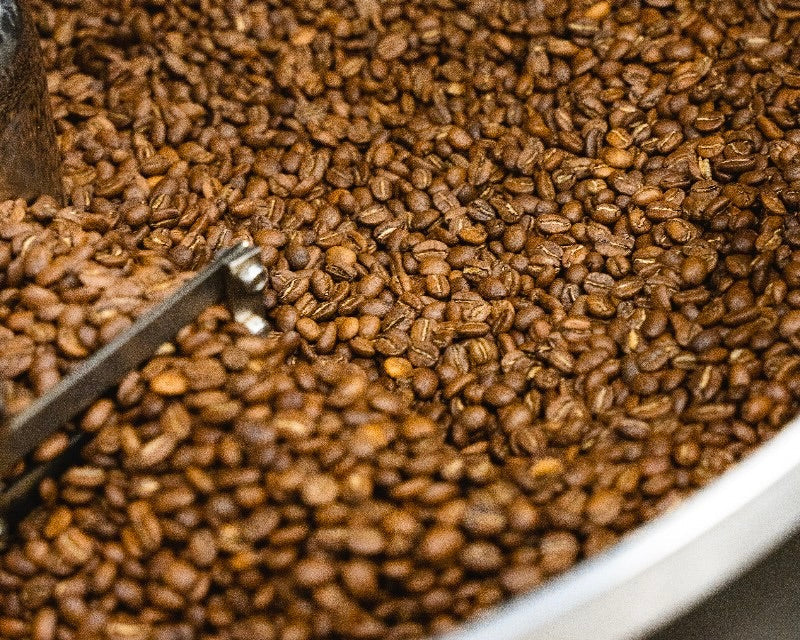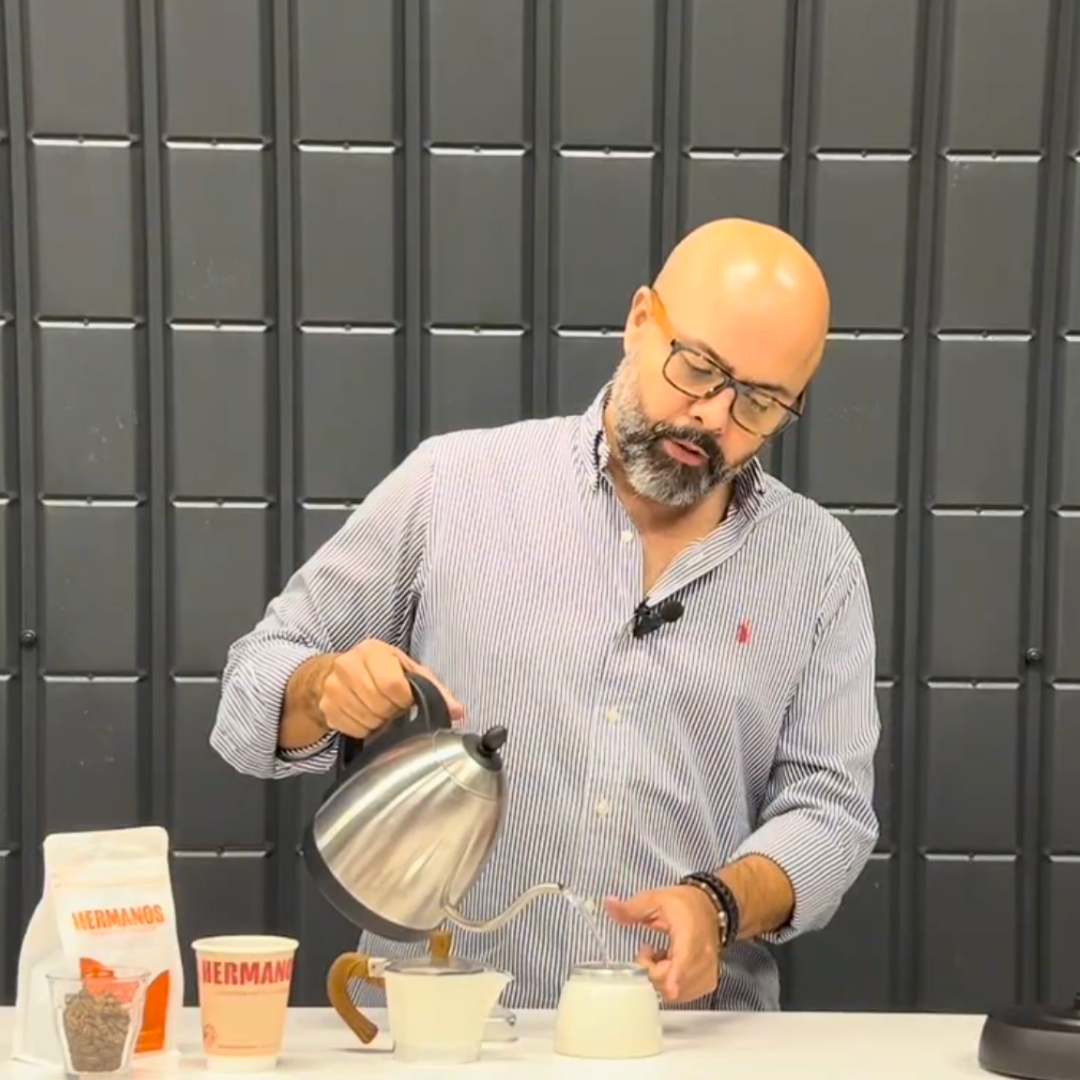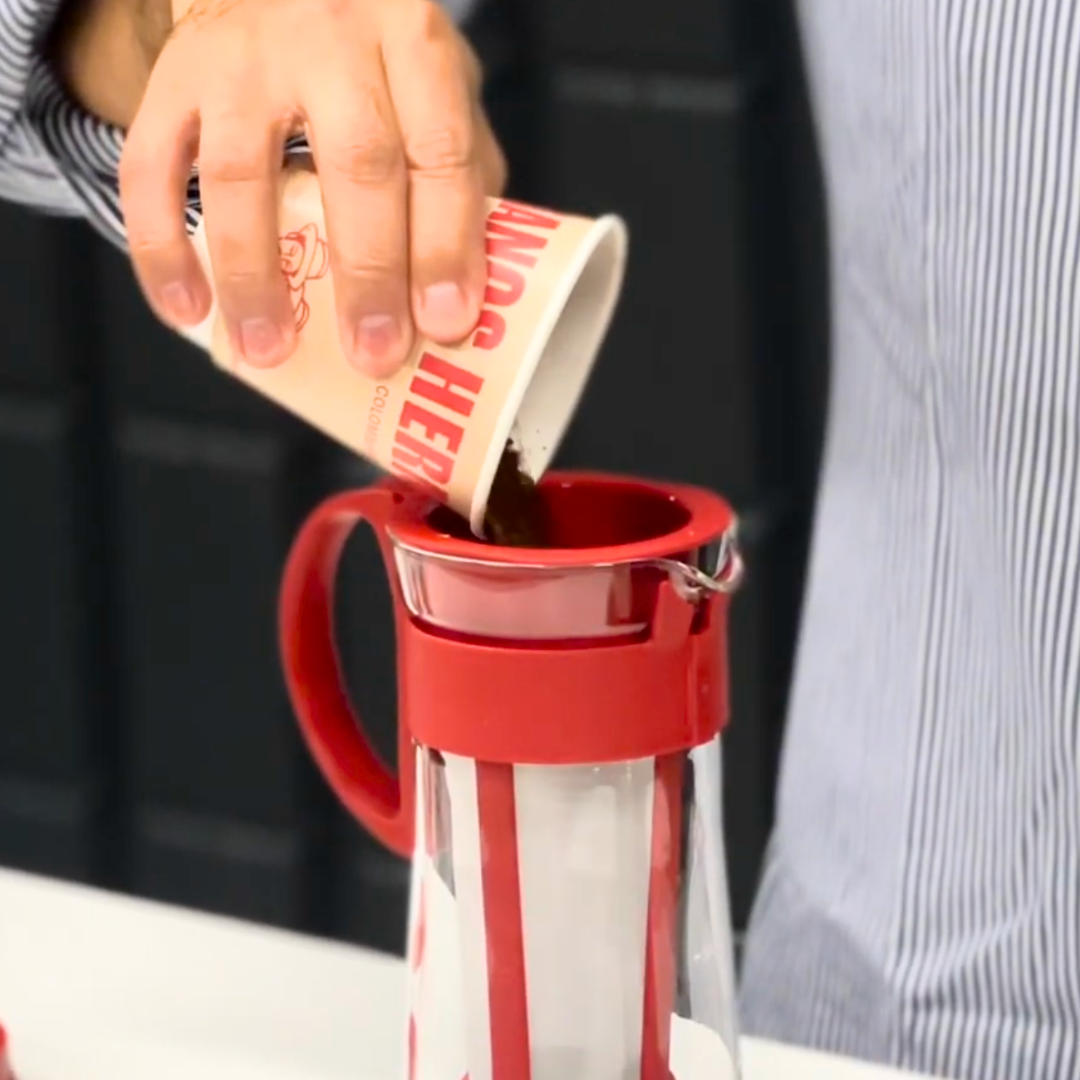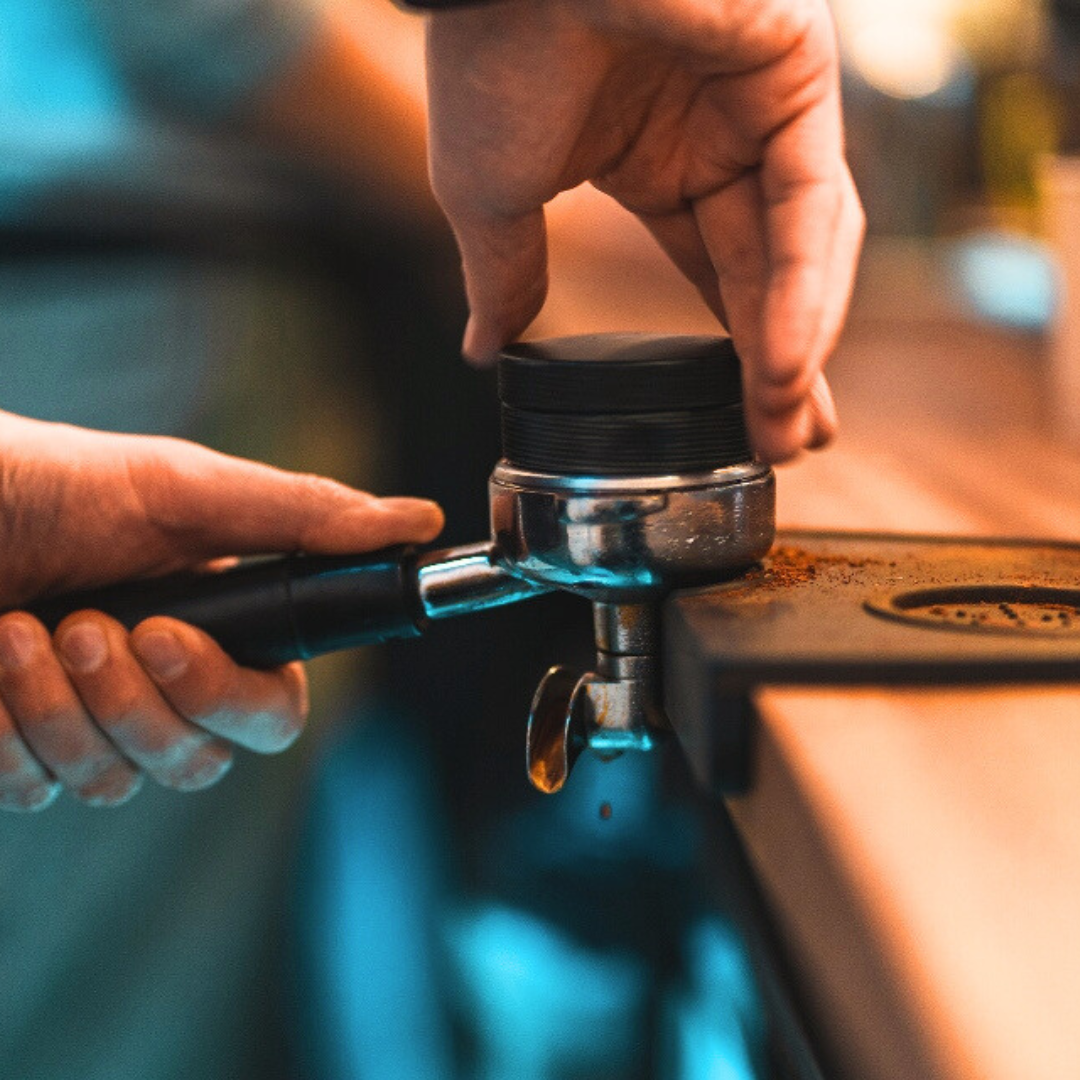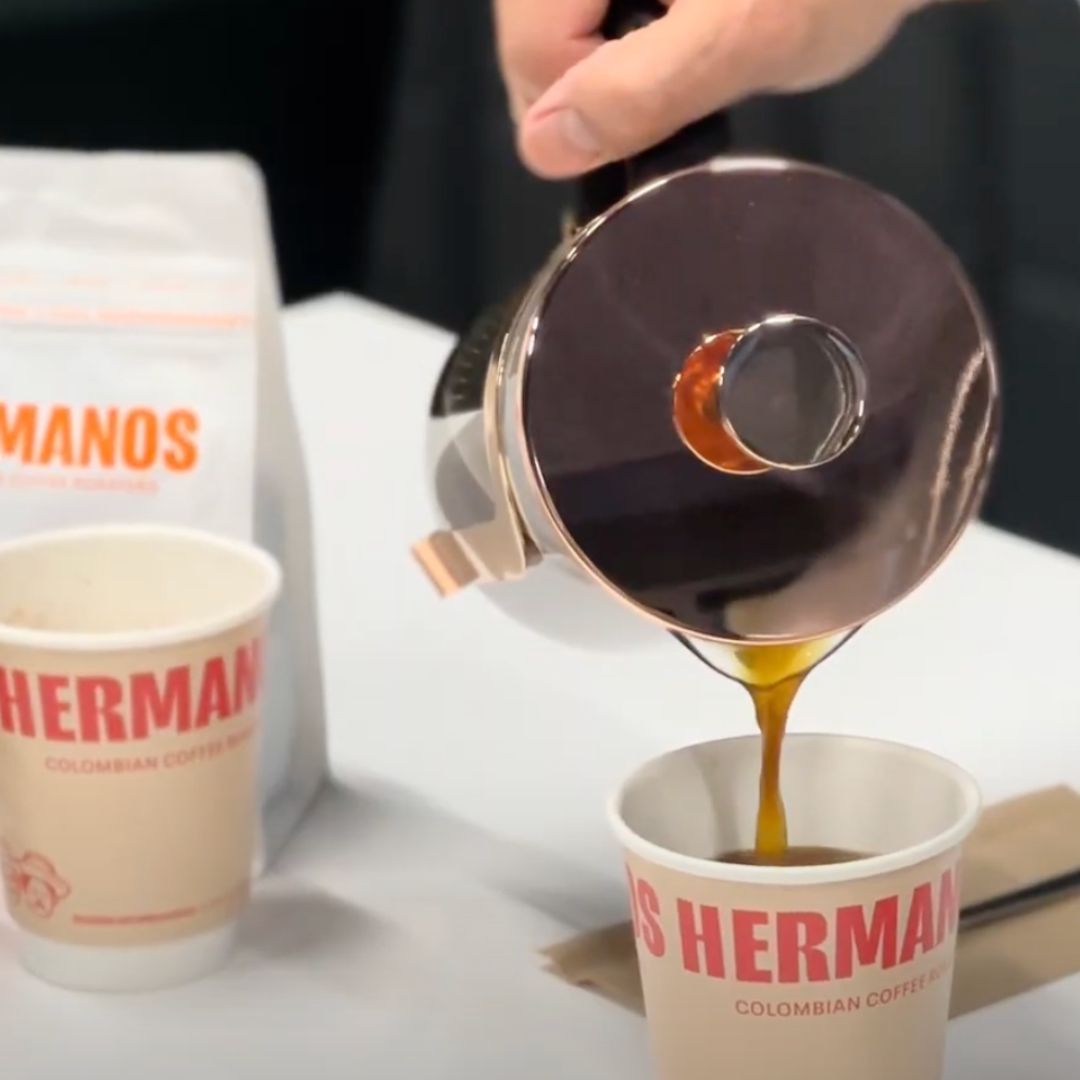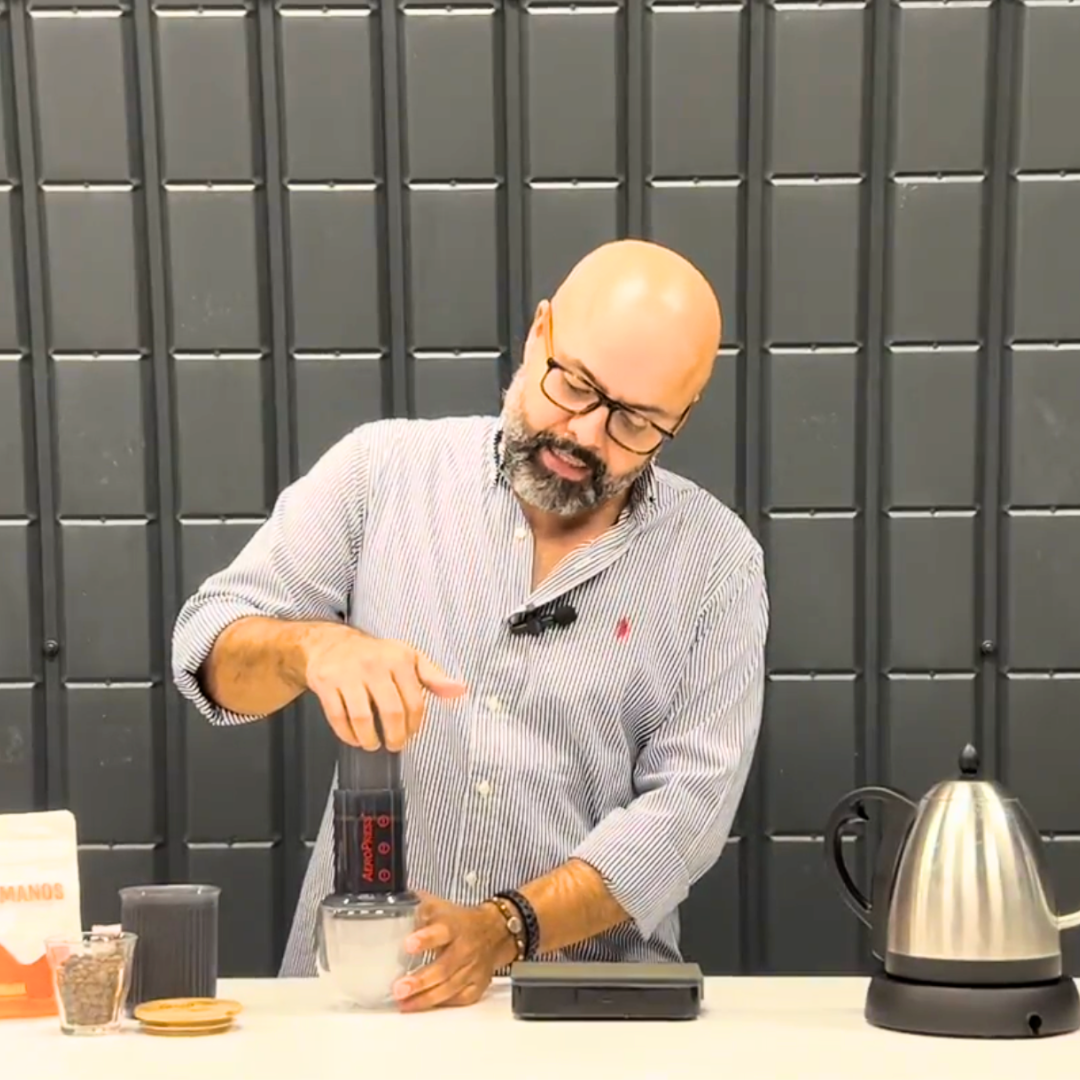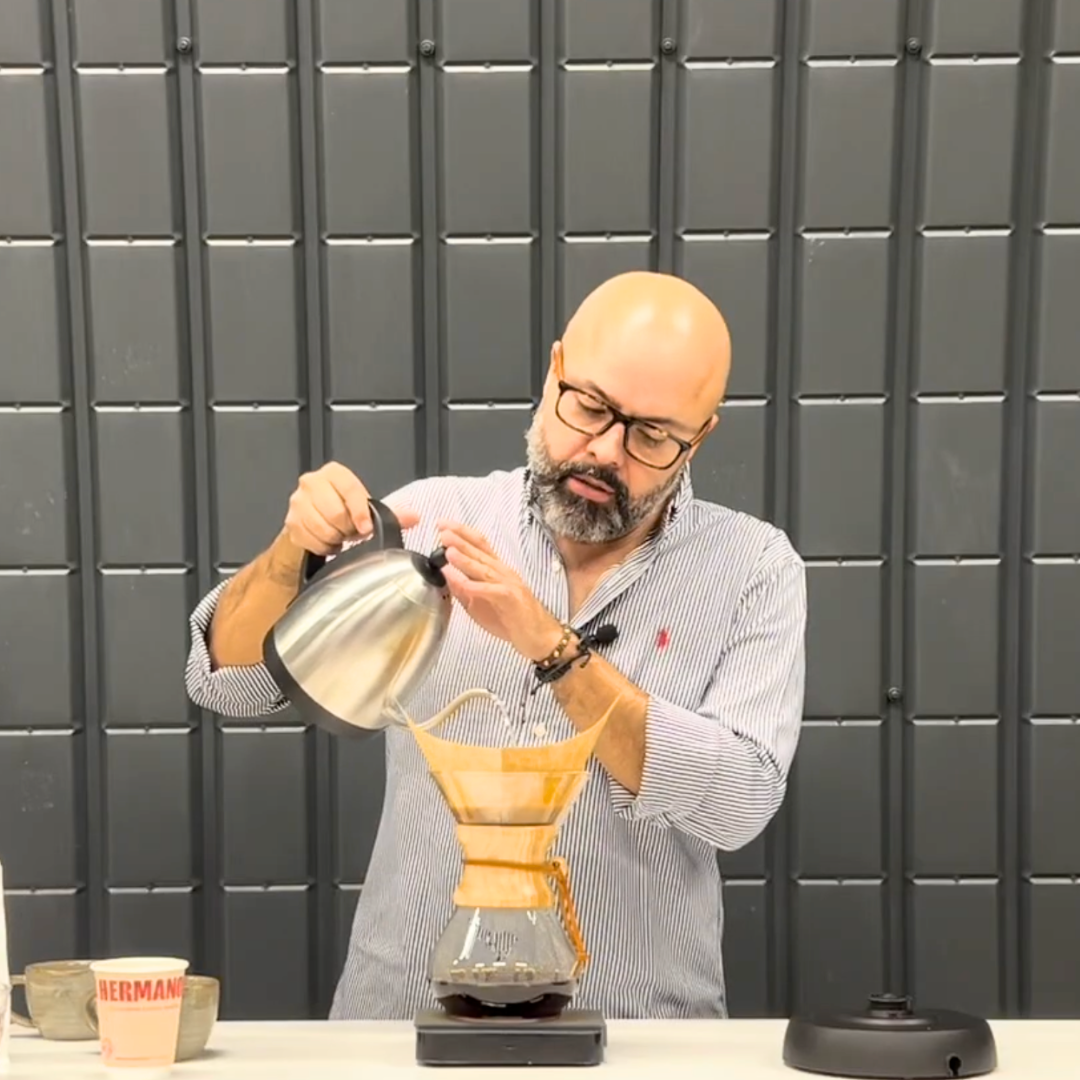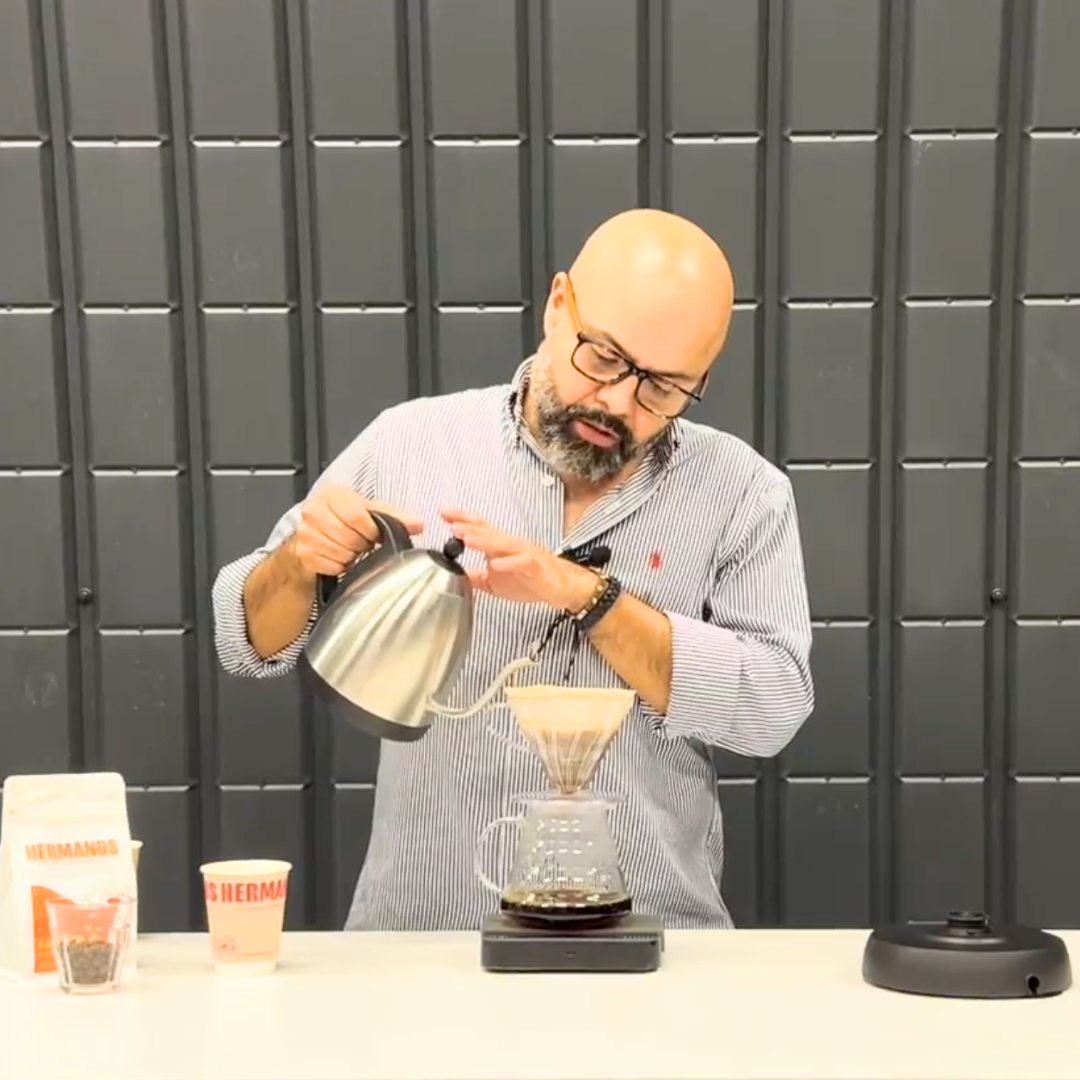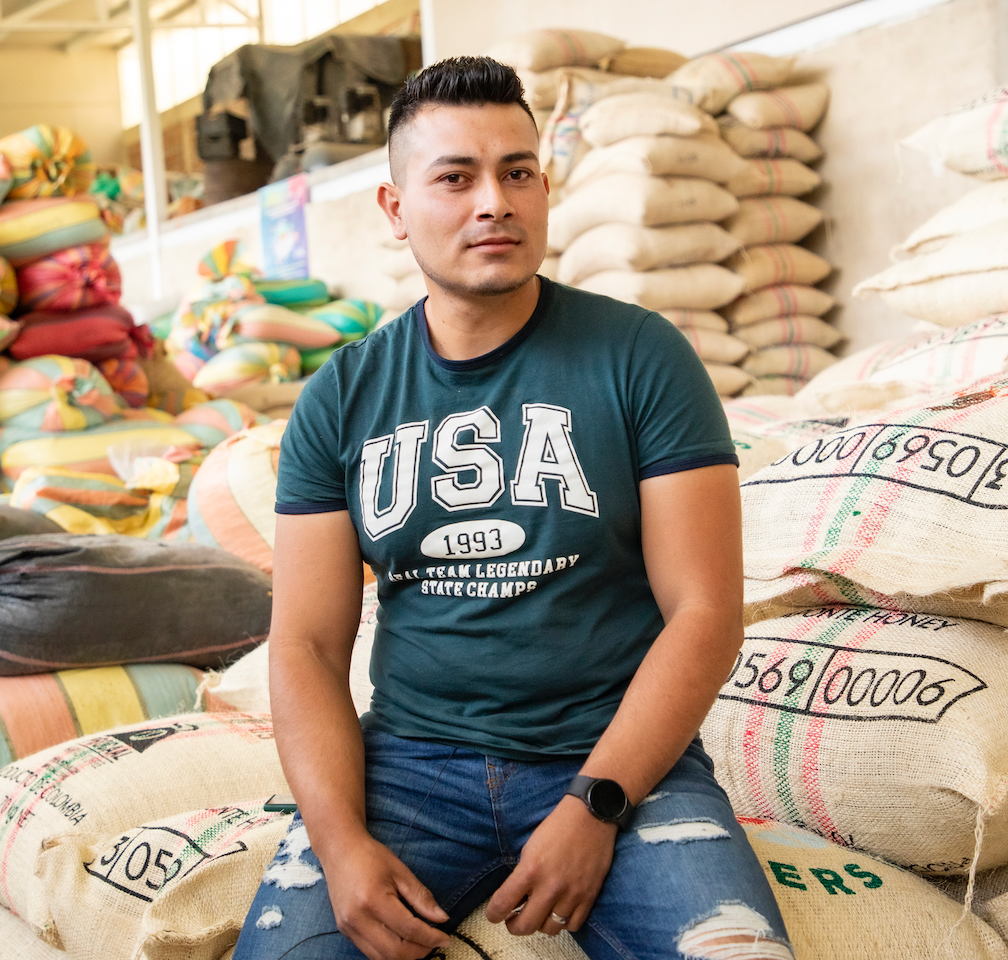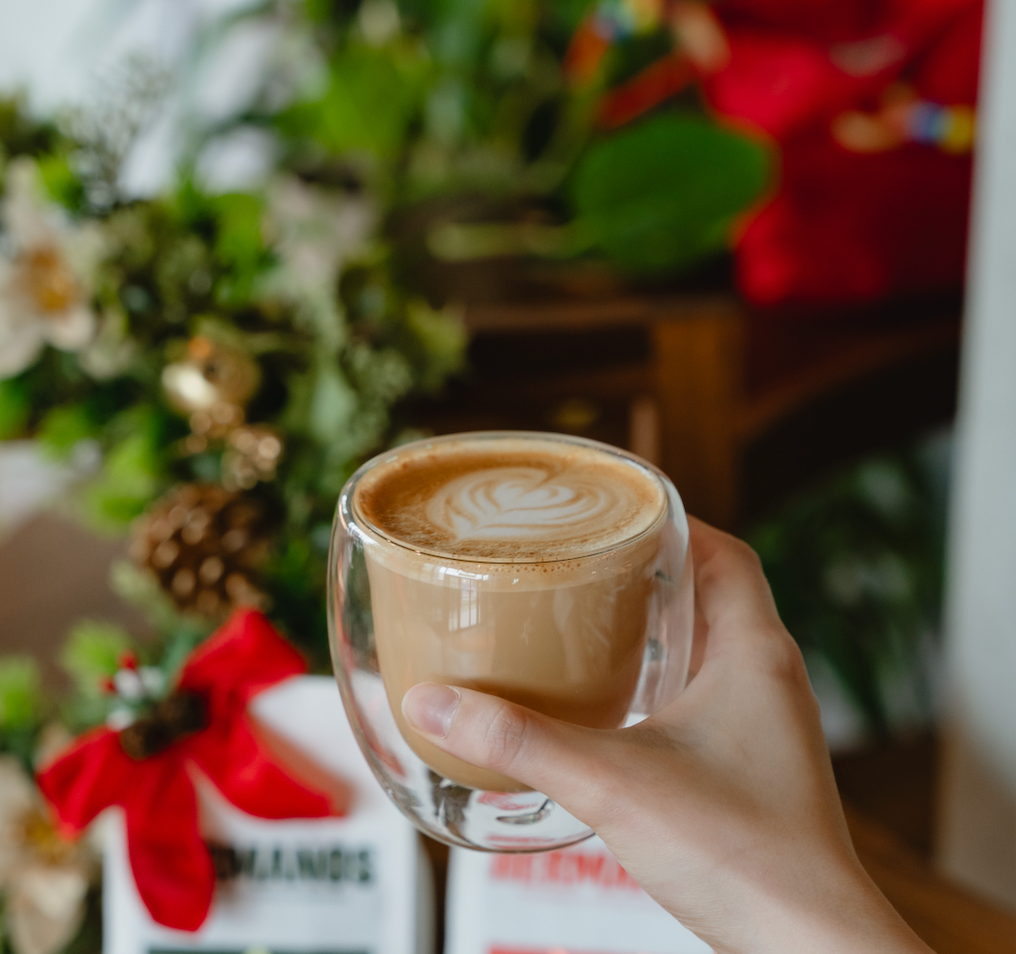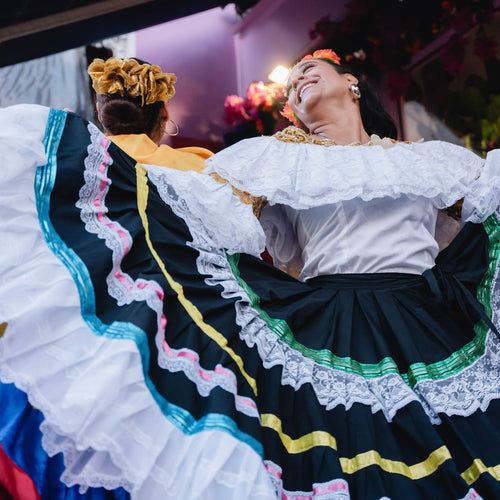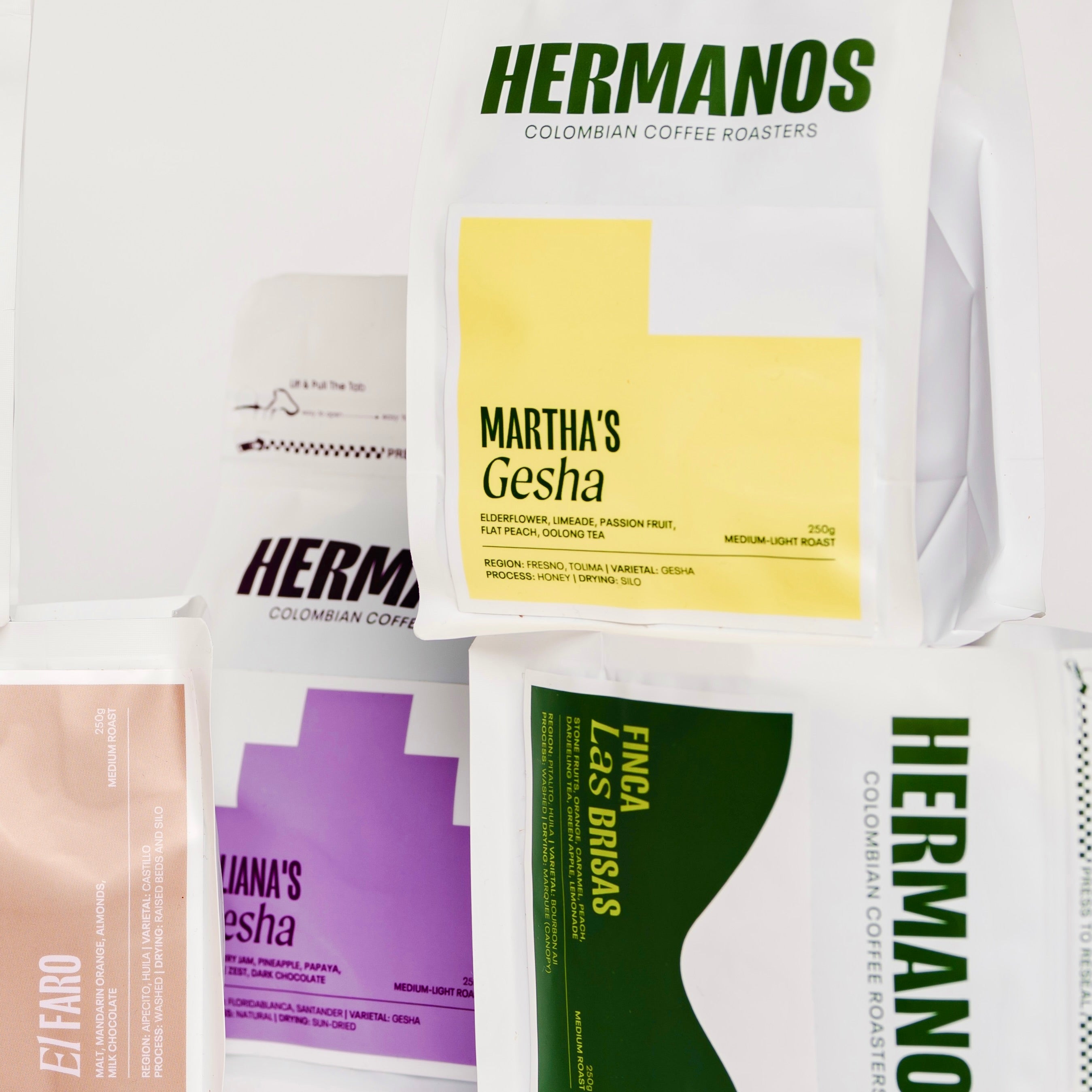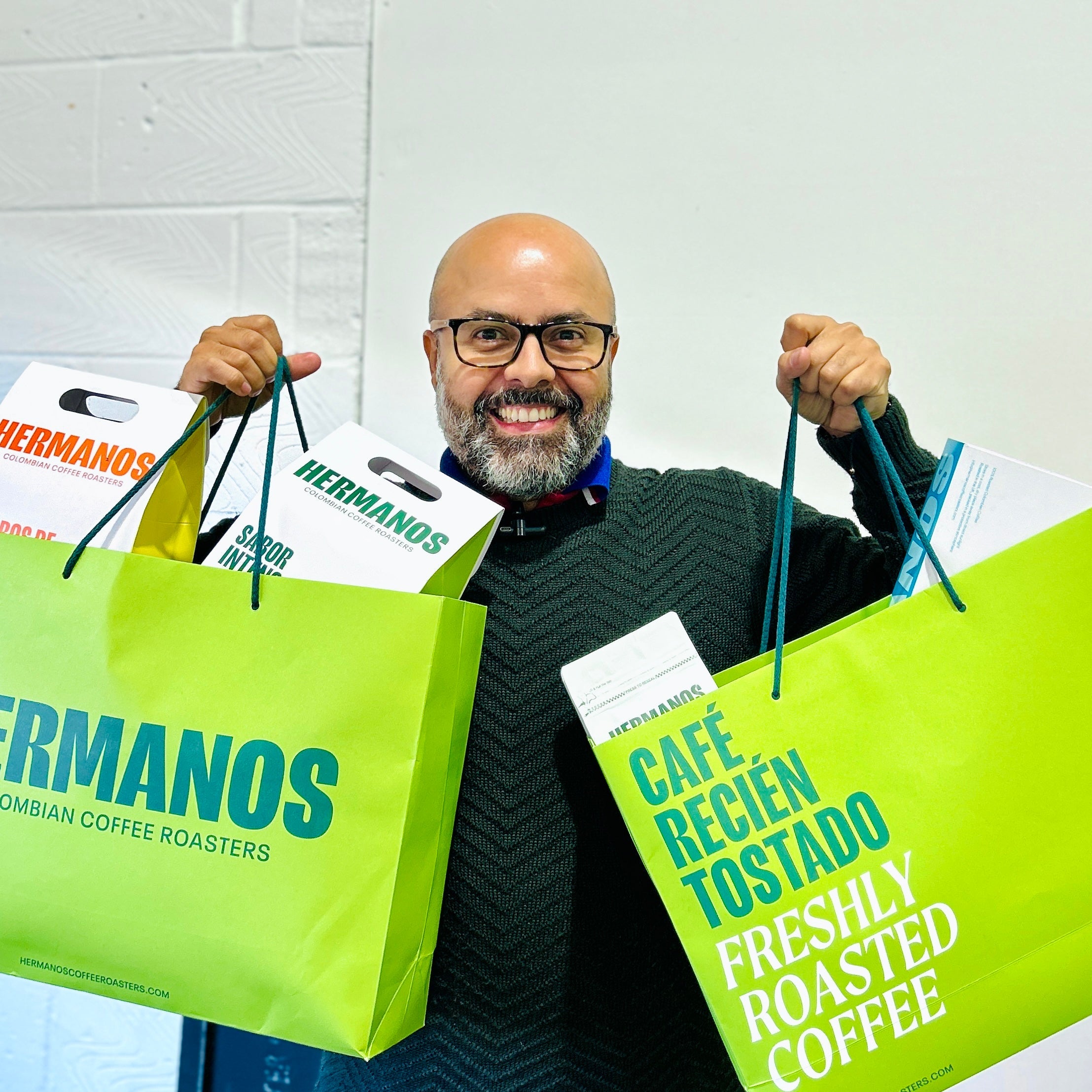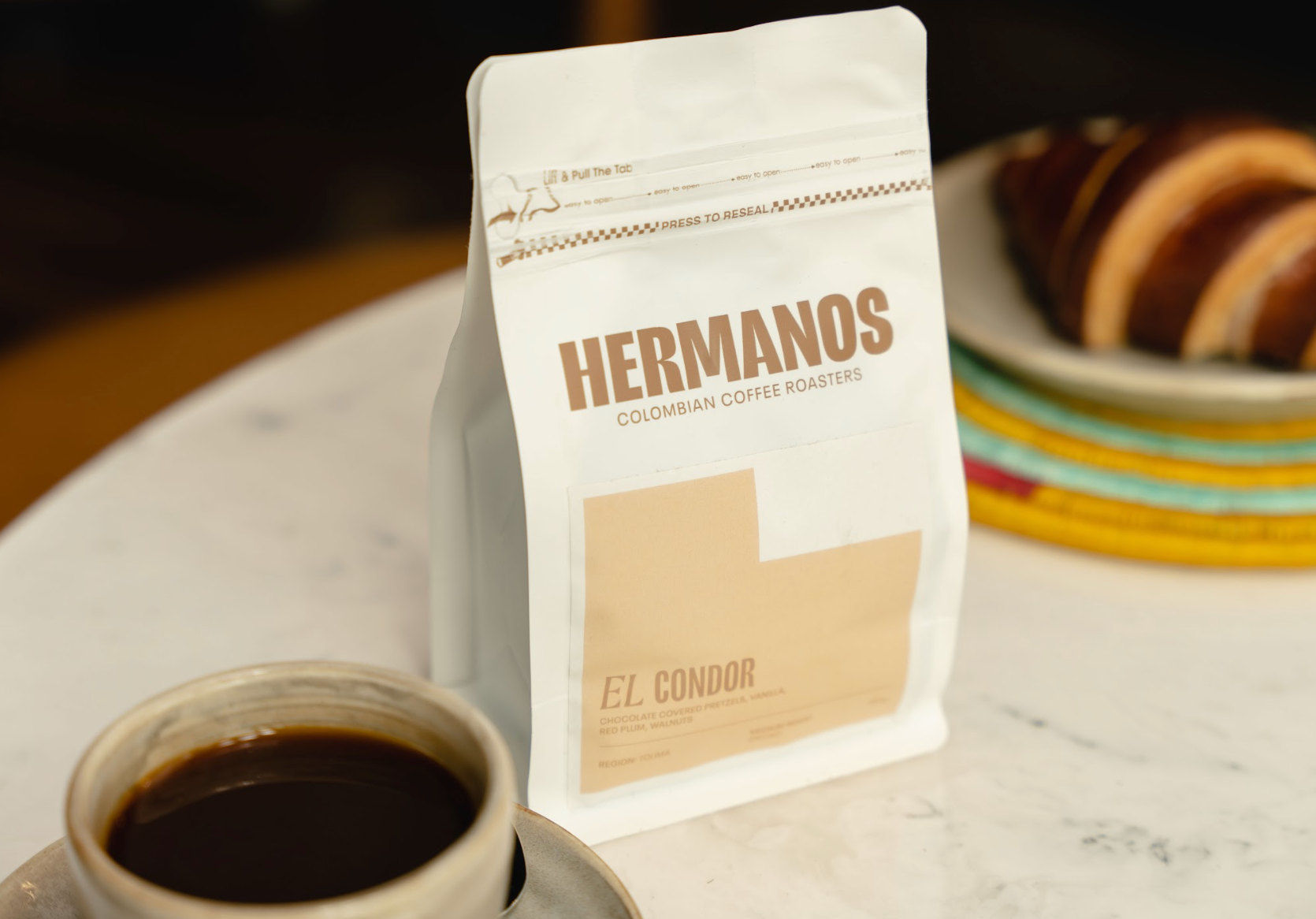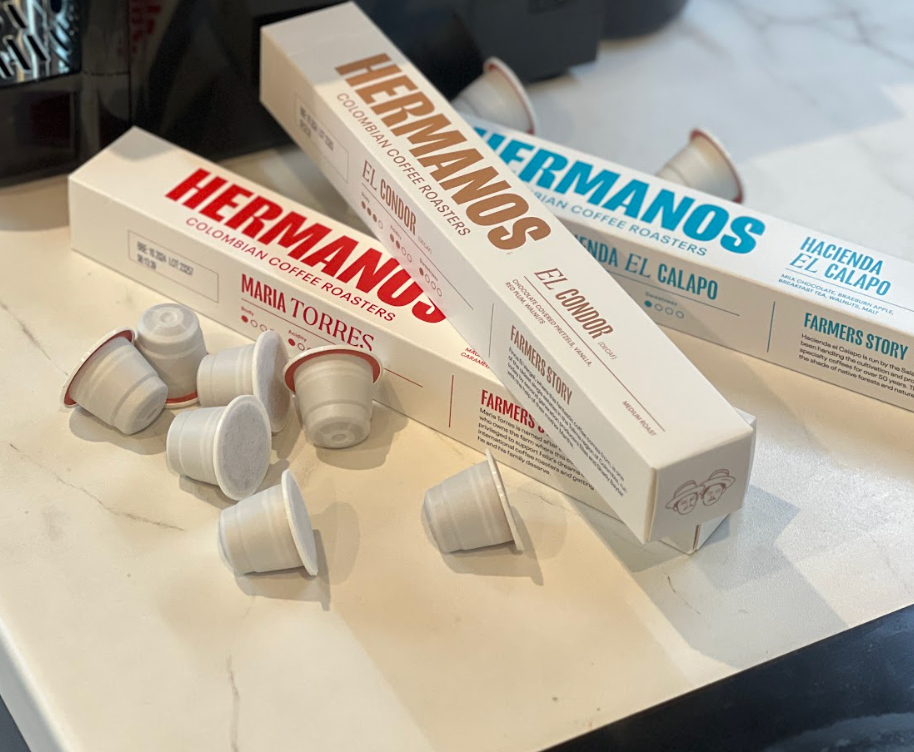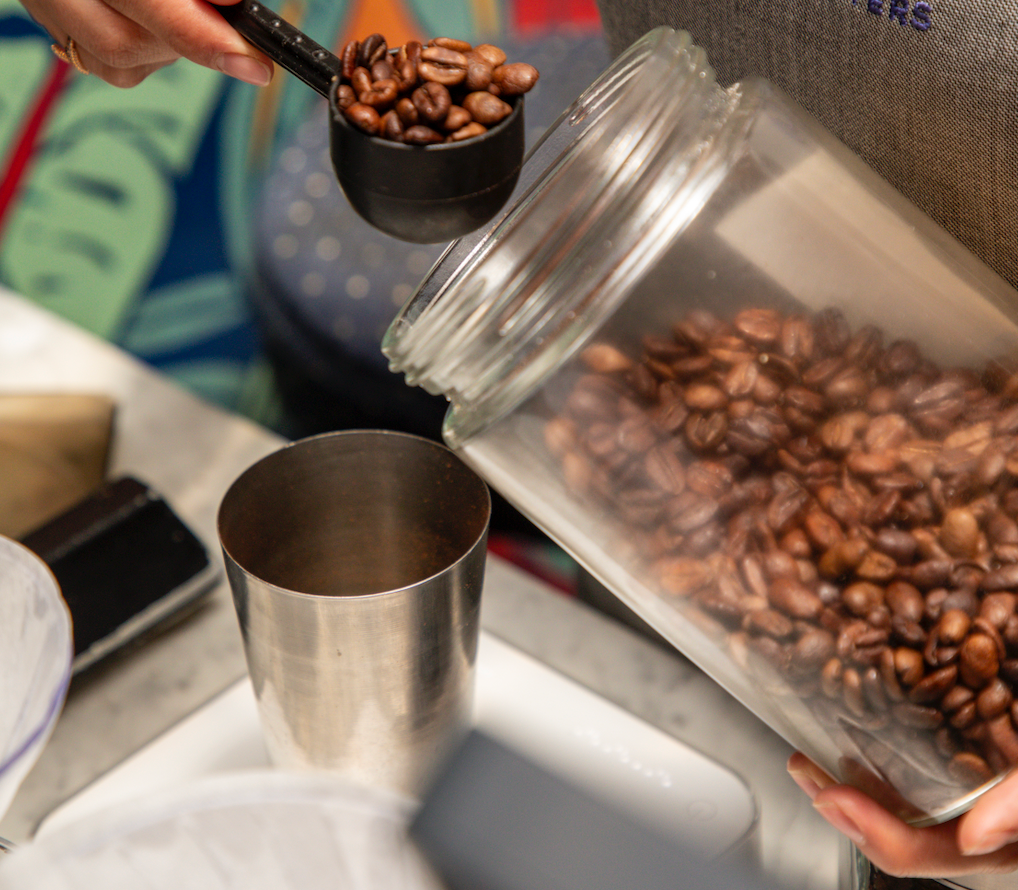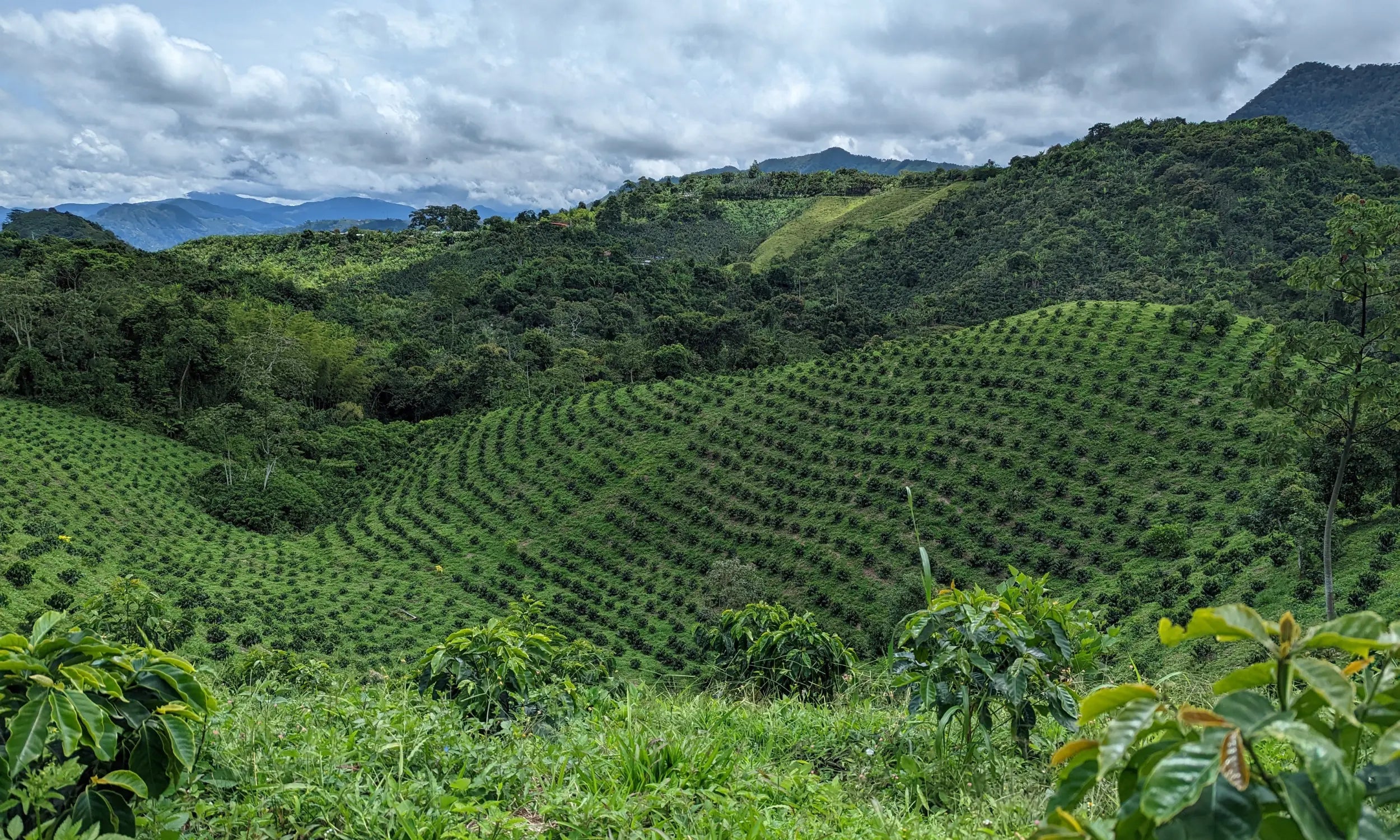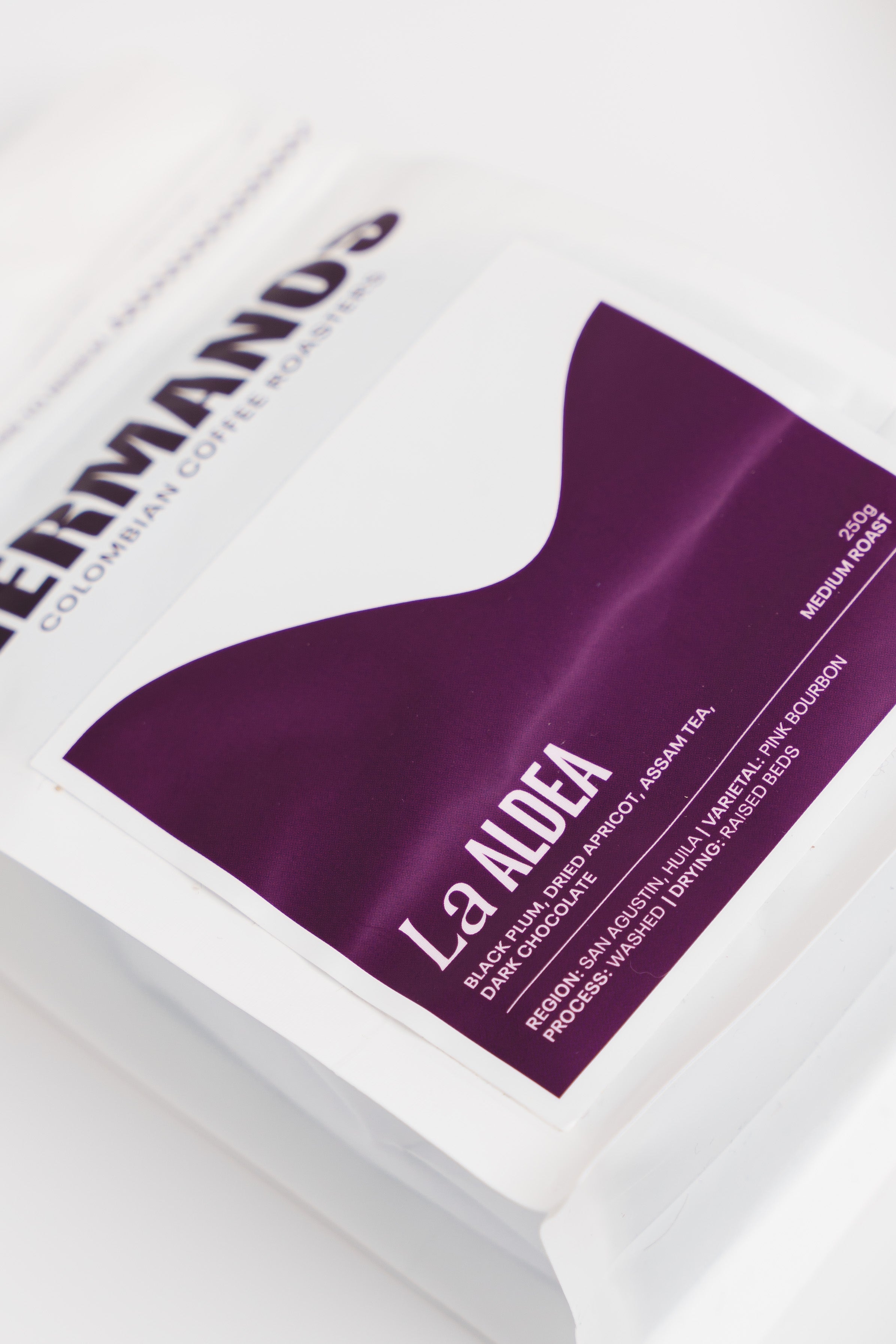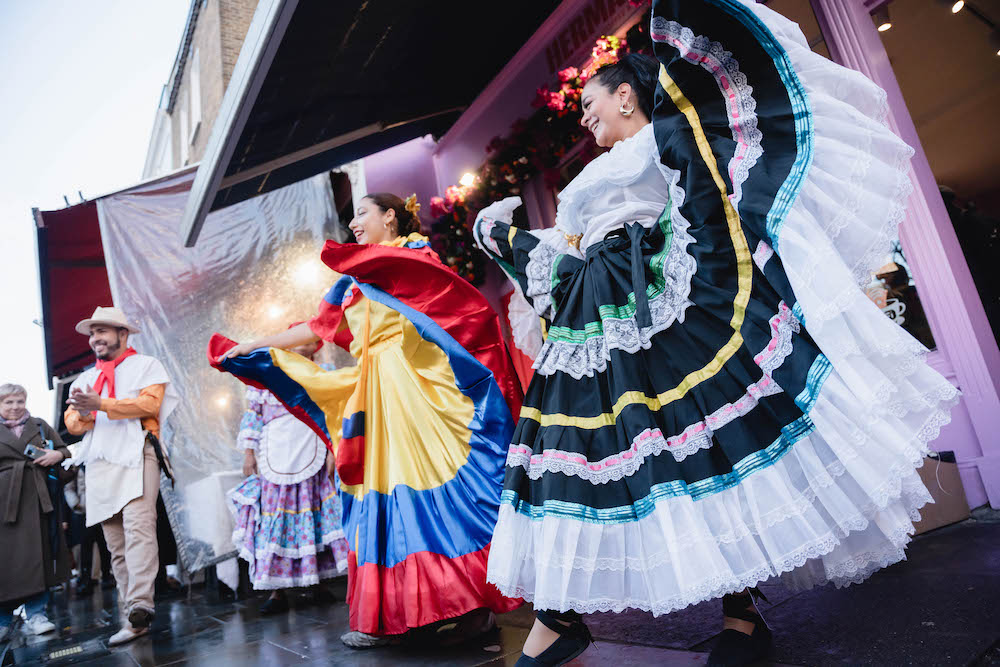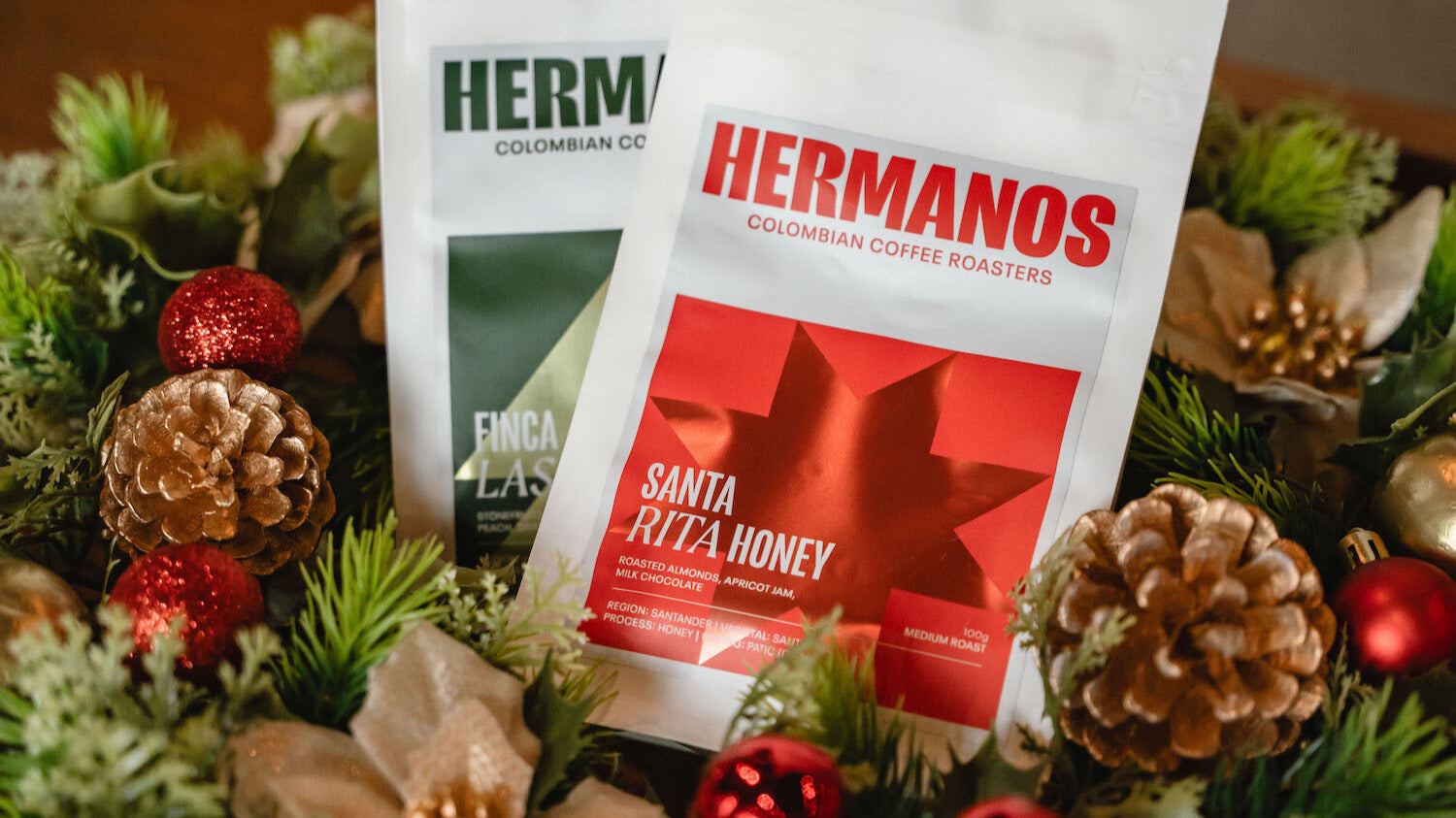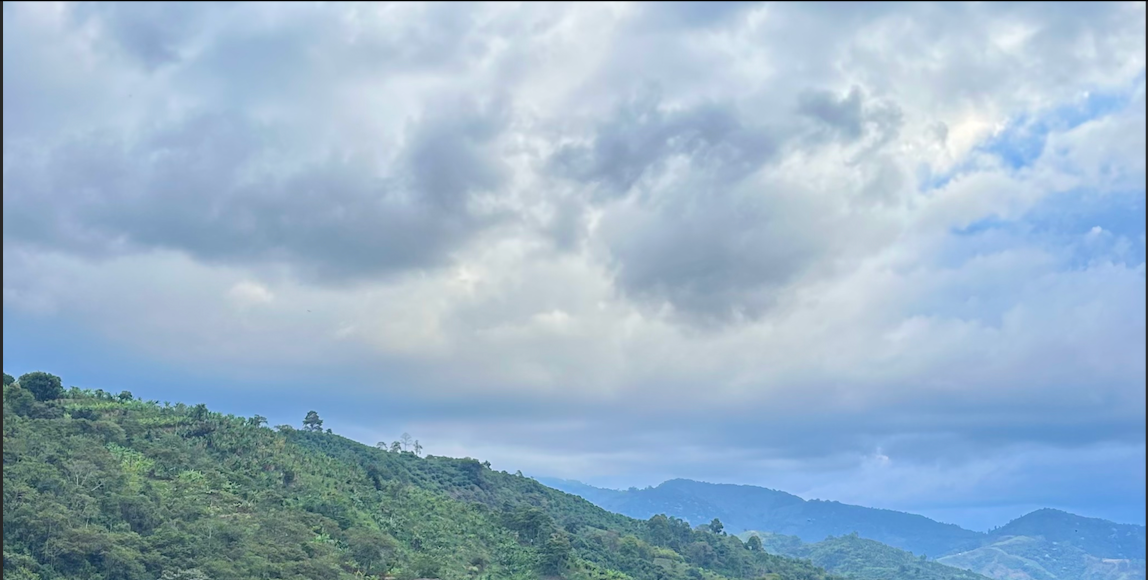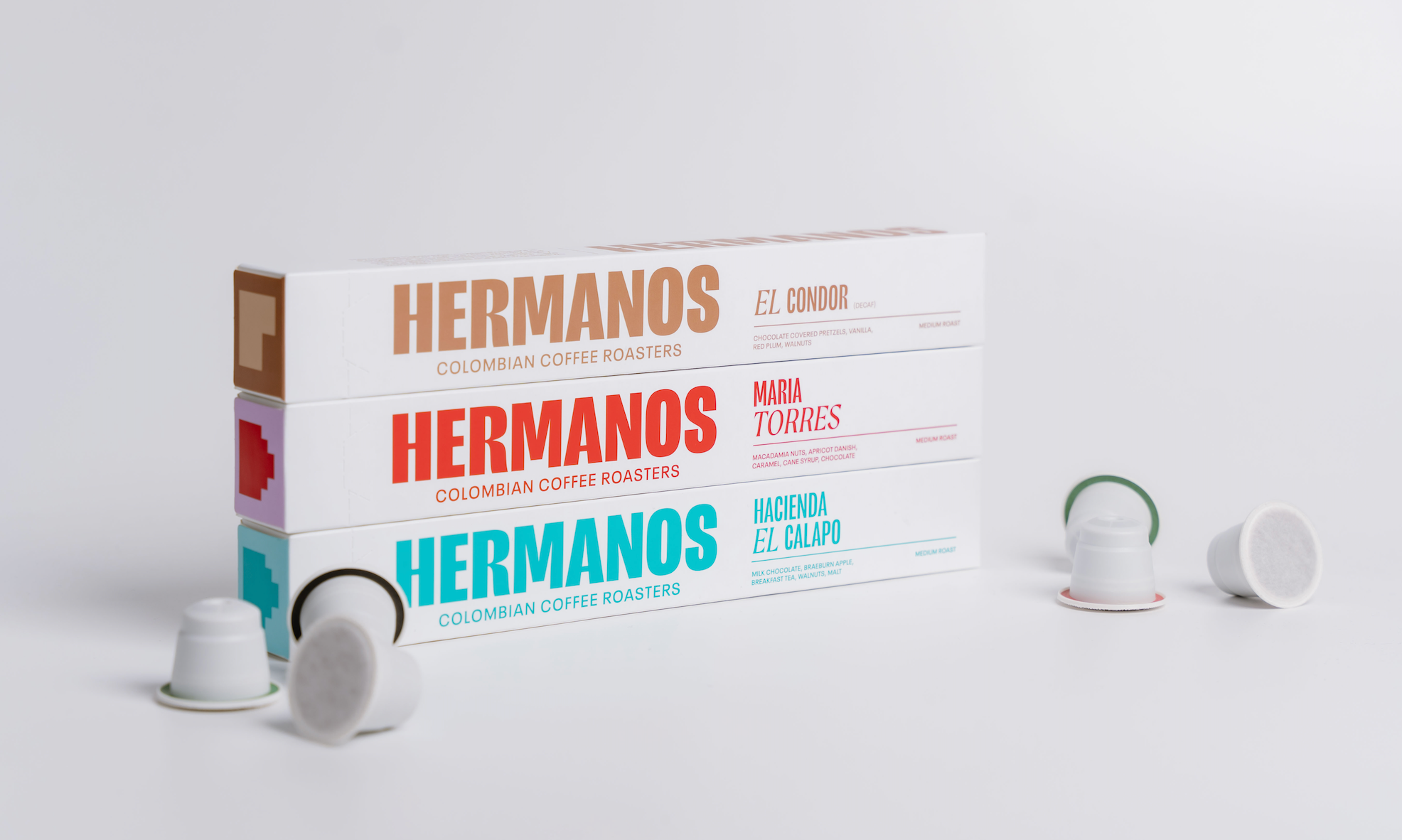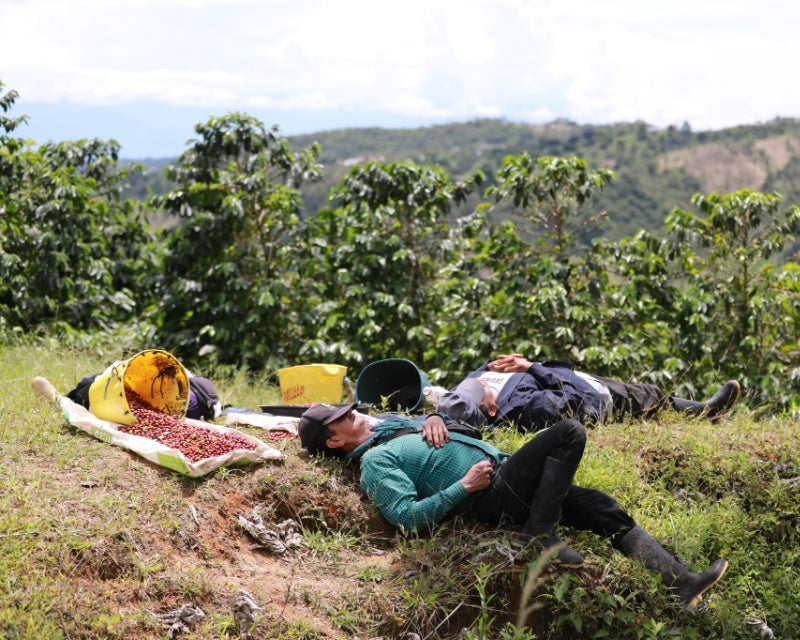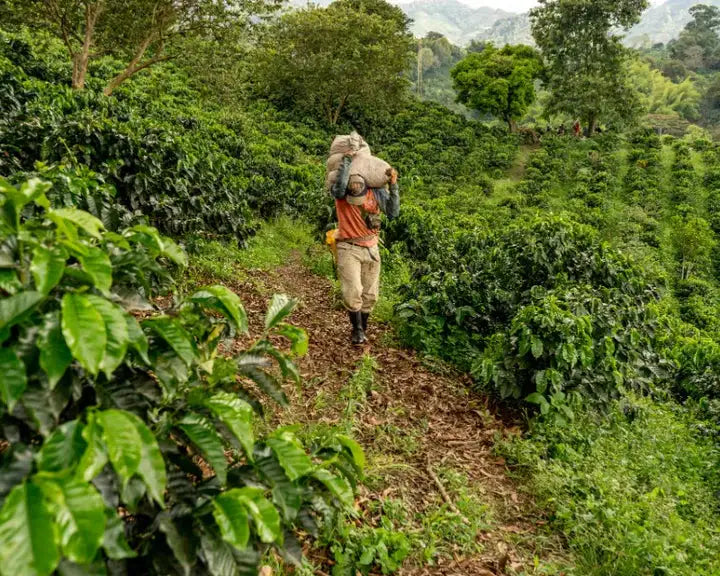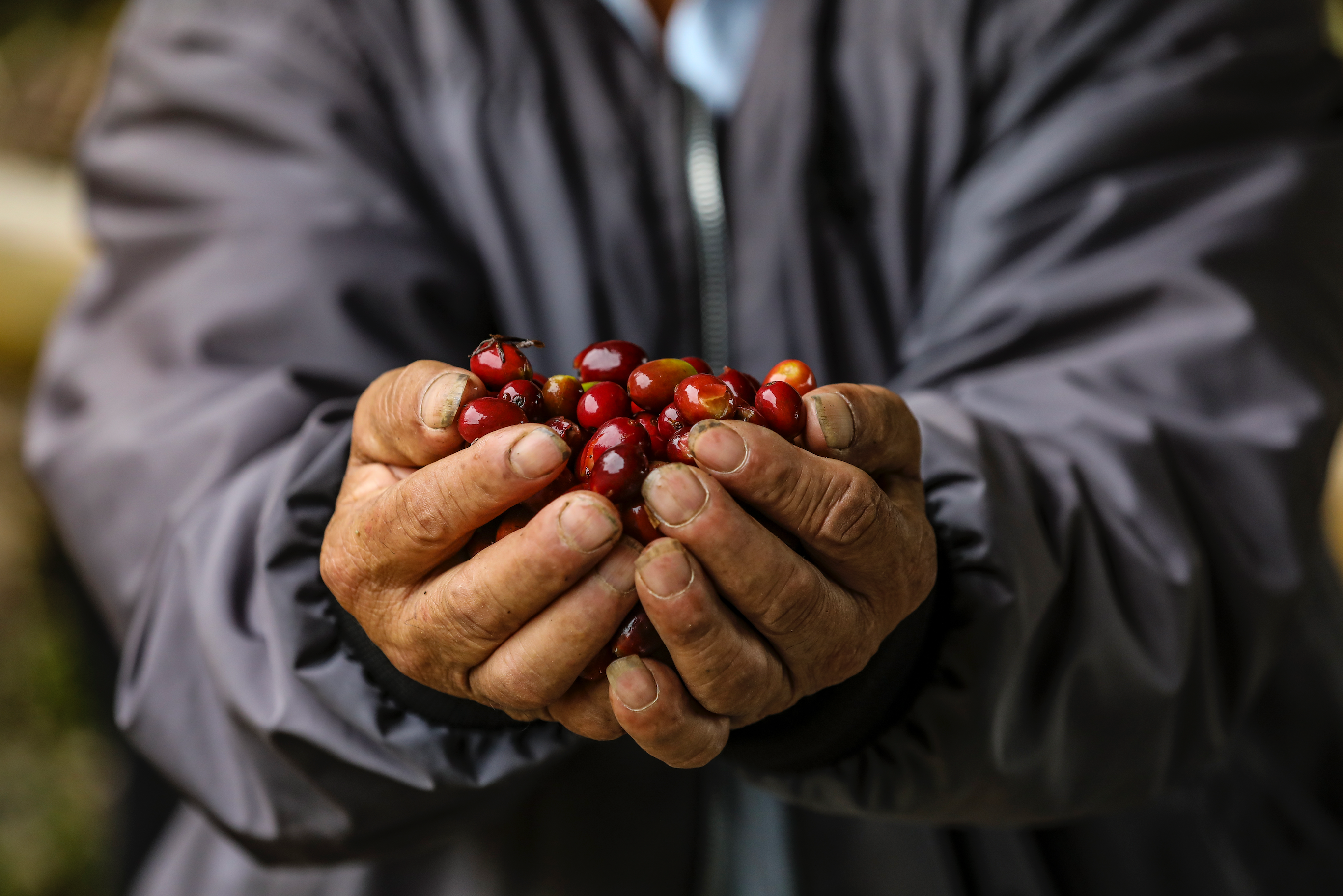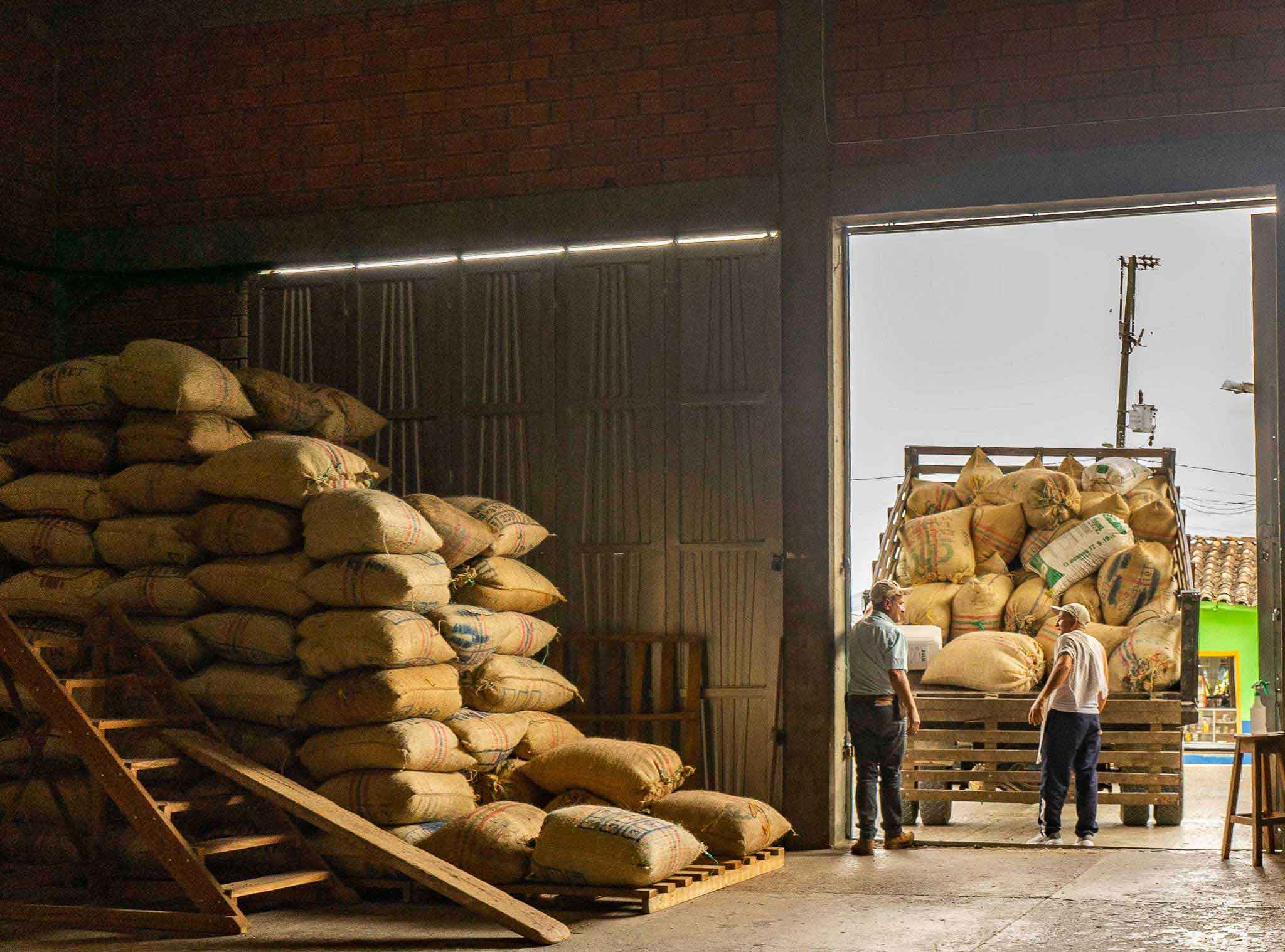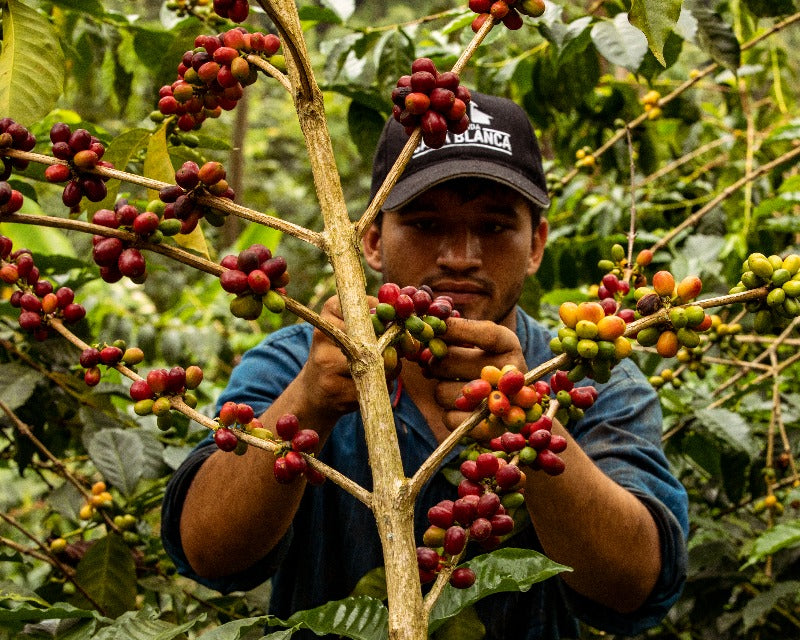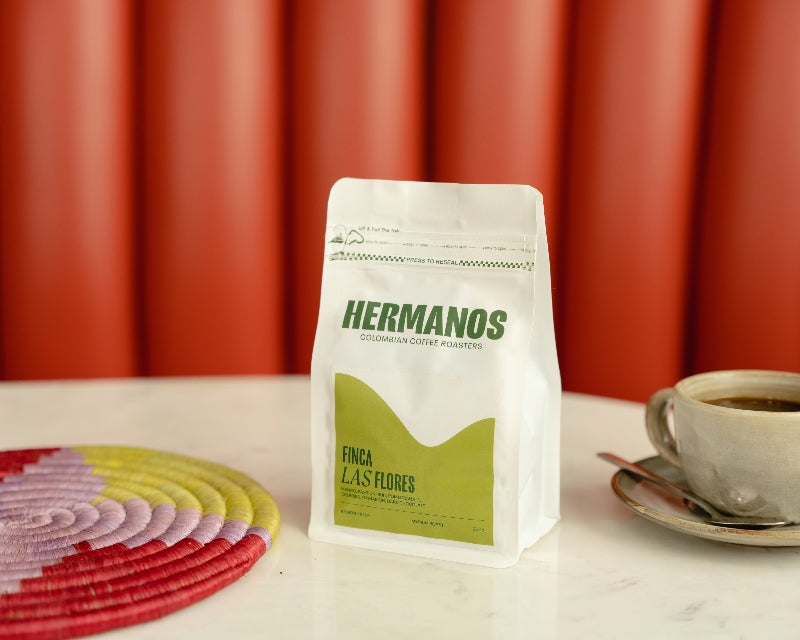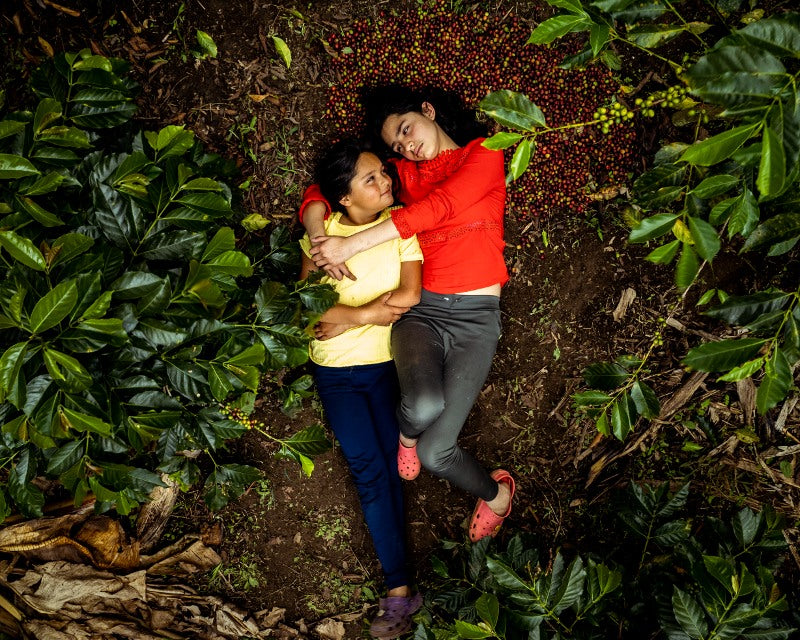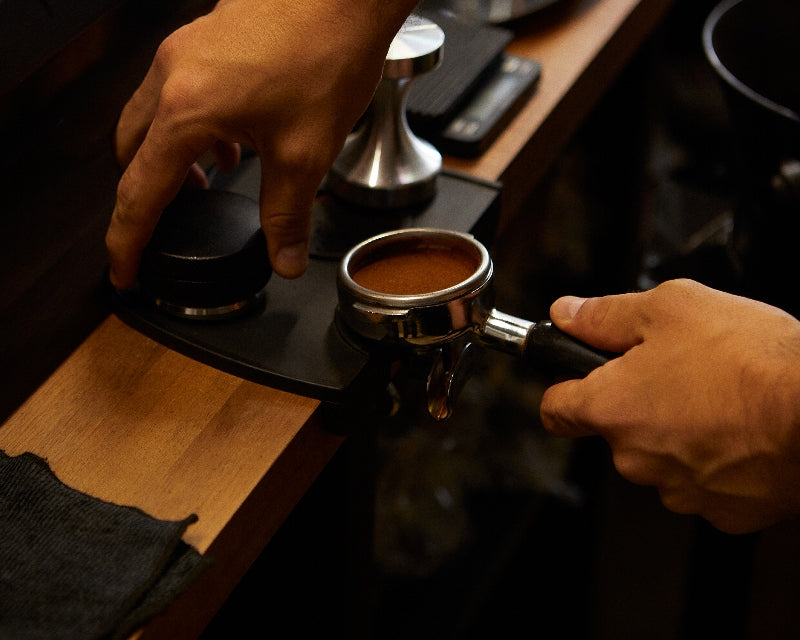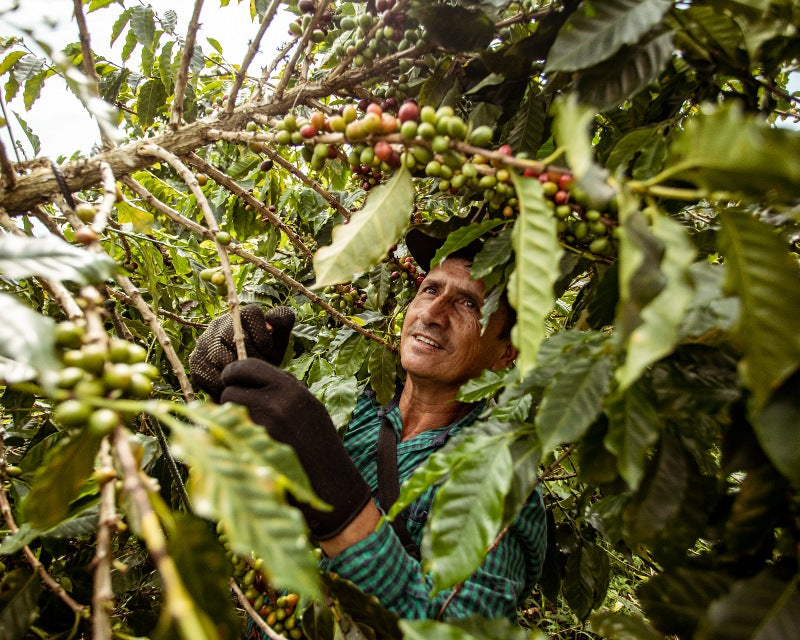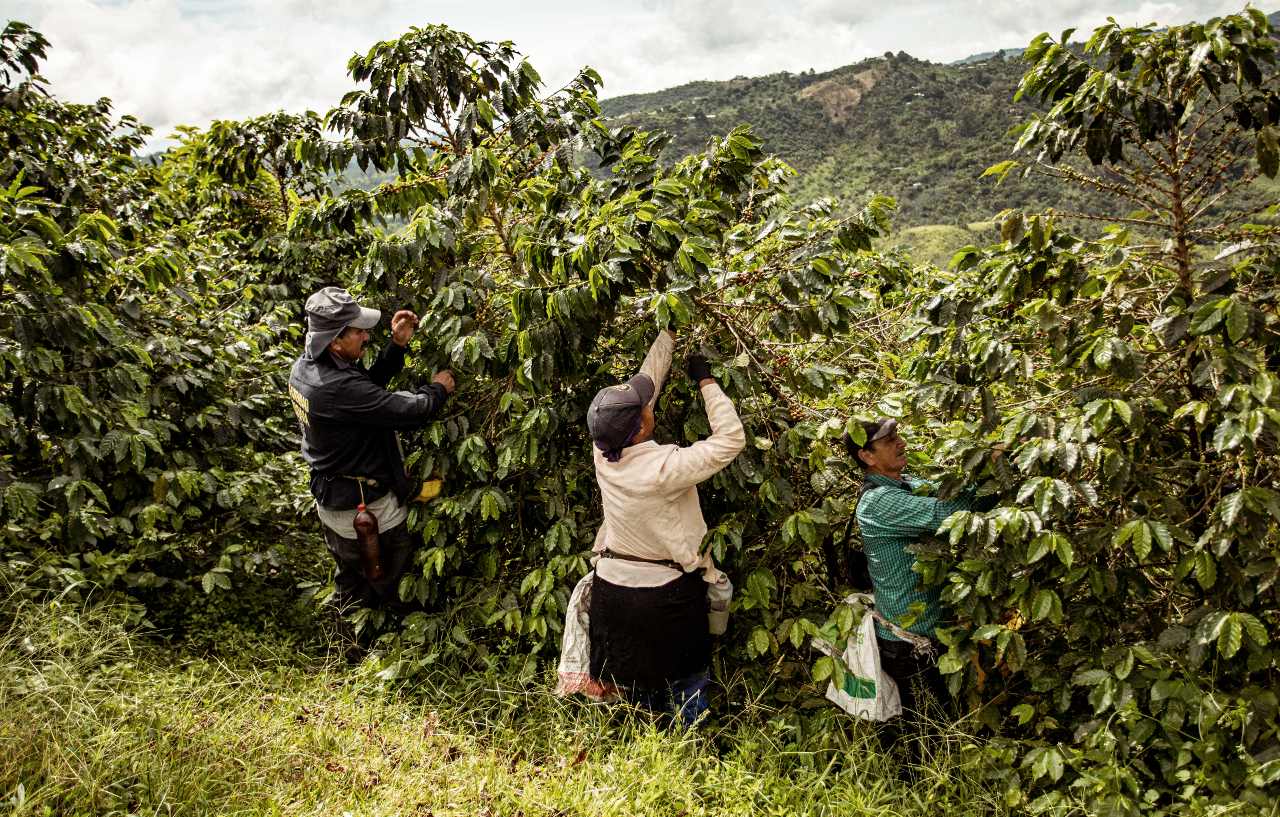Coffee is a perishable product, just like fruit, vegetables, or bread, even though it is often not viewed this way. All specialty coffee experts will agree that freshness is an important factor in coffee quality and taste, but there are multiple perspectives on how to keep coffee fresh, and when the optimal time to grind and drink coffee after it has been roasted is.
We’ll walk you through why coffee freshness is so important, as well as some top tips on how to preserve the freshness of your coffee.
Why Fresh Coffee is Best

It’s widely understood that fresh coffee is superior—you’ll see advertisements for ‘freshly roasted’ and ‘freshly brewed’ coffee in roasters, cafes, and supermarkets alike. And there is a good reason for this; fresh coffee is defined as having unimpaired and original qualities, not yet tainted by exposure to oxygen and other elements.
The original qualities of a coffee bean differ wildly depending on the region that the bean was grown in, the type of bean it is, the drying process it underwent, how long it was roasted for, and much more. These factors work in tandem to produce coffee with nuanced, complex, and sometimes subtle flavour profiles. Grinding and brewing a freshly roasted batch of beans will allow you to recognise and pull out these complexities.
The longer you leave roasted coffee, the more it will lose some important flavours and aromas, leaving you with a coffee that may still be tasty, but also much more bland, stale, and dull.
Fresh coffee is defined as having unimpaired and original qualities, not yet tainted by exposure to oxygen and other elements.
How to Tell if Your Coffee is Stale
There are a couple of telltale signs that your coffee may be past its best. Firstly, if the flavours and smells coming from the beans are not as intense as they were, or if you are picking up on fewer tasting notes. Other indications may be that the flavour is flat or muted, and does not have prominent tasting notes.
Stale coffee is more common when purchasing pre-ground or supermarket grade beans, because the chances that they have been roasted far in advance is much higher. If you take a closer look at a bag of supermarket coffee beans, you’ll notice that they have a much longer best-before range (sometimes extending for several months) compared to those you can buy from specialty roasting companies and your local coffee shops.
How to Preserve the Freshness of Your Coffee Beans

Keeping your coffee beans fresh ensures that you get the best cup of coffee possible, and gives you the best chance of picking up on all of the flavours and aromas that the coffee producers intended to be recognised.
It’s a good idea to understand how coffee becomes stale, and which components speed up this process, in order to best be able to preserve your beans!
Factors Affecting Freshness
There are a few factors, many unavoidable, that can cause the staling process of your coffee beans:
-
Oxygen
-
Light
-
Heat
-
Moisture
-
Surface area
Oxygen is perhaps the most important of the above. When coffee oxidises, the soluble flavour compounds in the bean begin to degrade. Roasted coffee beans contain natural oils, which when they come into contact with oxygen, can produce unpleasant tasting notes. This process is sped up once coffee is ground, because this increases its overall surface area. Oxidation is inevitable, but its negative effects are not. The best way to keep your coffee tasting fresh is to buy whole beans, and grind them at home right before you make your coffee.
Light and heat can also be determining factors in the freshness of your coffee. Prolonged exposure to high temperatures or direct light can change the flavour of roasted coffee, which may not necessarily result in a negative flavour, but will mean that the original qualities of the bean have been tampered with.
Exposure to moisture, which can happen if you don’t keep your beans in a sealed container or if you leave them in a fridge, for example, can lead to mould growing. The same goes for keeping your beans unsealed in an odourous environment; they may take on nearby unpleasant smells.
When it comes to coffee freshness, the advice is simple: wherever possible, buy your coffee often, and buy it in small amounts.
Keeping Your Beans Fresh
Keeping your whole bean or ground coffee fresh is really simple, and there are lots of ways to do it. The most important thing to do is always keep it in an airtight container and in a cool, dry spot such as the pantry or a kitchen cupboard. Although a lot of people like to store their coffee in a fridge or freezer, we recommend against this due to the risk of spoiling from moisture or odours.
As well as storing them correctly, the best measure you can take to keep your beans fresh is to only grind them in small amounts, as and when you need them. This will minimise the oxidation process, and guarantee that you lose as little flavour and aroma potency as possible.
Learn More About The Differences Between Whole Bean And Pre-Ground Coffee
Can Coffee Ever be Too Fresh?

Although we are huge advocates of drinking freshly roasted and ground coffee, there are some instances where leaving your coffee to ‘stand’, so to speak, is a good idea. This is because freshly roasted beans go through a process known as degassing.
What is Degassing?
When coffee beans have been roasted, they release natural gases (vapour and carbon dioxide): this is known as degassing. It’s crucial to allow your beans to undergo this process before grinding and brewing, as doing so during degassing will cause excess gases to be released into your cup of coffee. Although this is by no means dangerous, it may impact the flavour of your brew.
At Hermanos, we leave at least a couple of days between roasting our beans and sending them out to our shops. This is to make sure that the coffee has been left to rest for an adequate amount of time. Our espresso beans will also receive additional resting time before they hit the hoppers as espresso extraction is heavily influenced by CO2.
For filter coffee, waiting a little while before you use your beans is less crucial. However, if you have the luxury of time, consider letting your coffee rest for 5-14 days to let it degas and to allow flavours to fully open up before using them at home. Just be mindful that after around 3 weeks, your coffee will rapidly start to lose its potency.
Visit One of Our London-Based Coffee Shops!
How Long Does Coffee Stay Fresh?
|
Type of Bean
|
Shelf life
|
|
Green coffee
|
Up to 18 months, but this depends on how it is stored and transported.
|
|
Roasted coffee (whole bean)
|
Two to three weeks, but slightly longer if it is stored properly. This window is also dependent on how you plan to brew your coffee and the type of roast, as the flavour of medium and dark roasts tends to be at its best earlier than light roasts.
|
|
Ground coffee
|
Maximum of 1-2 weeks.
|
The Difference Between Supermarket and Specialty Grade Coffee

When you buy a bag of beans or ground coffee from a supermarket, it will tend to have a much longer shelf life than a bag purchased from a local roaster or specialty coffee shop. This is due to a couple of things, but mainly that supermarkets are not selling specialty-grade coffee, and therefore the focus is not on complexities and subtleties of flavour.
The coffee will most likely be a blend rather than single-origin, and may well be a mixture of Arabica and Robusta beans. Additionally, a lot of supermarket-grade coffee has been dark-roasted, meaning that a lot of the original tasting notes of the bean have been removed via this process.
Specialty coffee, on the other hand, is more likely to be a light or medium-roast, which allows the flavours of the bean to shine. Because of this, there is an onus on enjoying the coffee whilst its original qualities are still intact, which calls for a much shorter expiration date.
5 Reasons To Visit A Coffee Roastery
Final Thoughts

It may seem like there is a lot to know when it comes to coffee freshness, and while there is definitely a technical side to it, the advice is simple: when possible, buy your coffee often, and buy it in small amounts. This will allow you to enjoy the unimpaired flavours and aromas of your beans, and help you to avoid drinking a stale brew.
The difference between buying coffee from a supermarket and a specialty roaster when it comes to freshness can be vast, so we would always advise purchasing whole or freshly-ground coffee from a roastery. Many small roasters sell their coffee online these days, so it’s easier than ever to find specialty-grade coffee!
Explore Our Range Of Single-Origin Colombian Fresh Coffee Beans
















